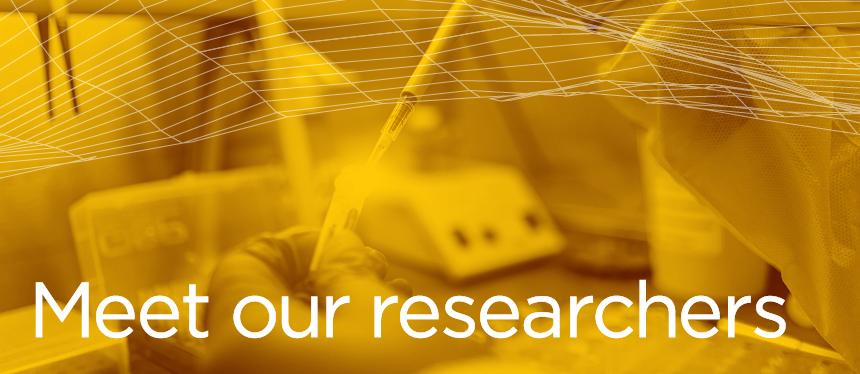Meet Our Researchers
Meet Our Researchers
Research That Makes A Difference
Rowan University focuses on innovative research, discovery and scholarship. We partner on research and development with businesses and industry, government, and nonprofits. Our faculty are leaders in education and research, receiving competitive private and government funding, including awards from the National Institutes of Health, the National Endowment for Humanities, and the National Science Foundation.
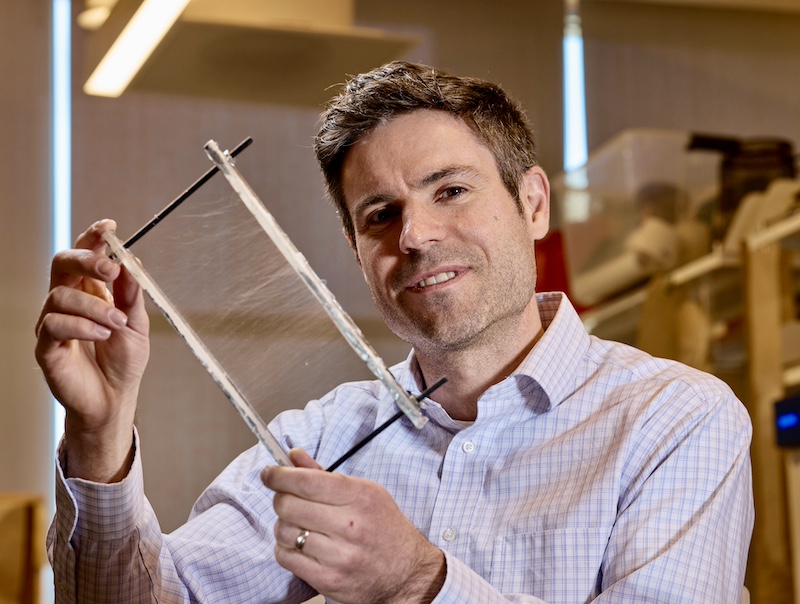
Nanofibers
Is there a better way to manufacture nanofibers for tissue regeneration? Meet Vince Beachley, biomedical engineer.
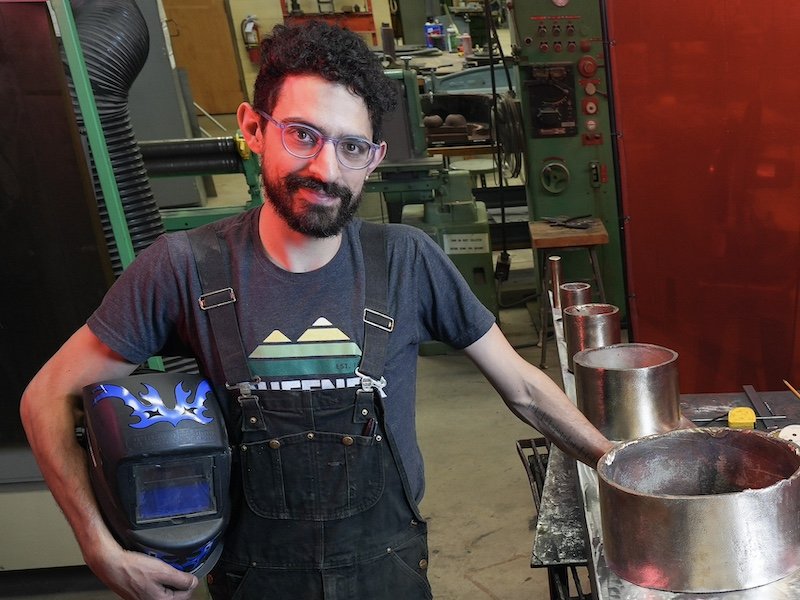
Fine art
Exploring science and nature through fine arts. Meet Sam Horowitz, sculptor.
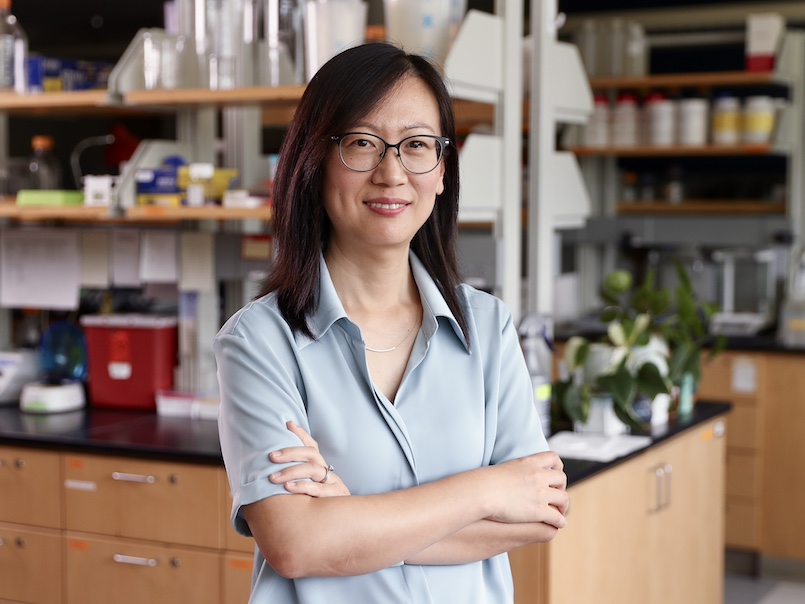
Cancer mutations
Why do some cells keep growing and dividing? Meet Zhihong Wang, biochemist.
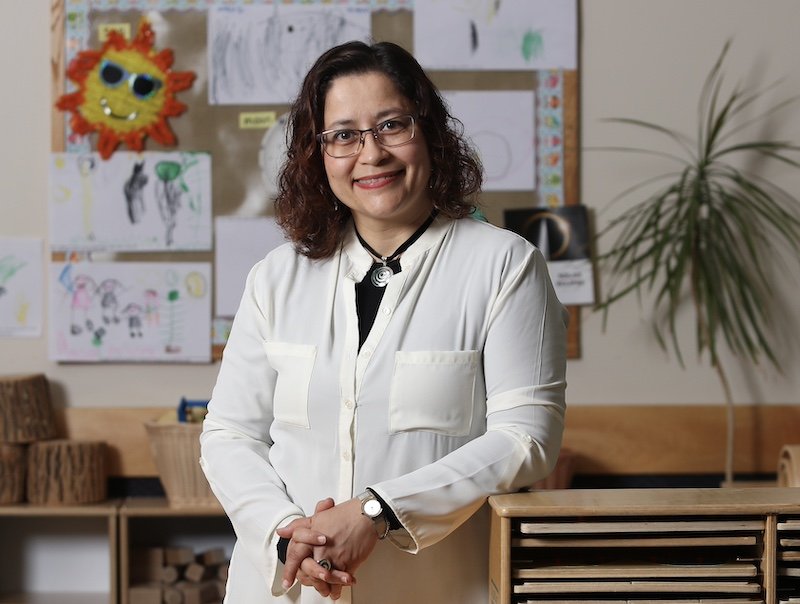
Early childhood education
Immigration adds diversity to education. Meet Zeynep Isik-Ercan, early childhood researcher.
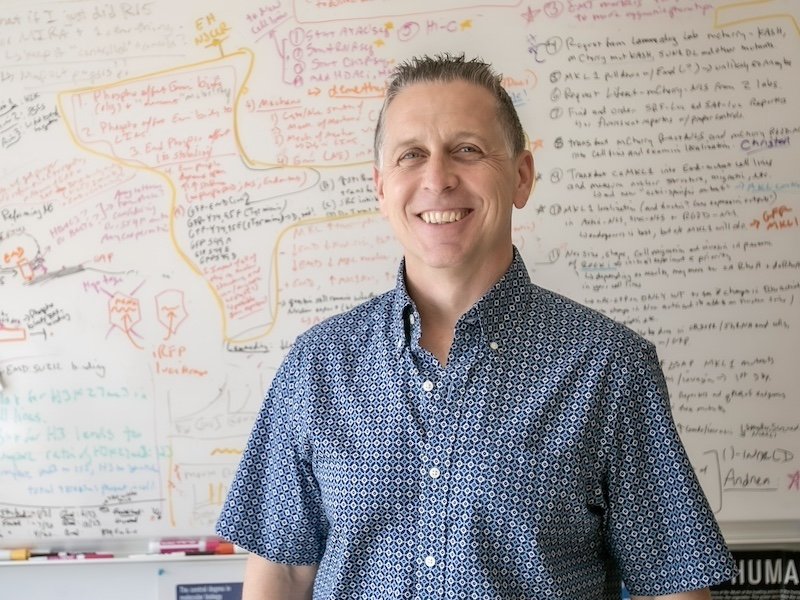
Cancer metastasis
Could the protein emerin reveal targets for new therapies? Meet James Holaska, biochemist and cell biologist.
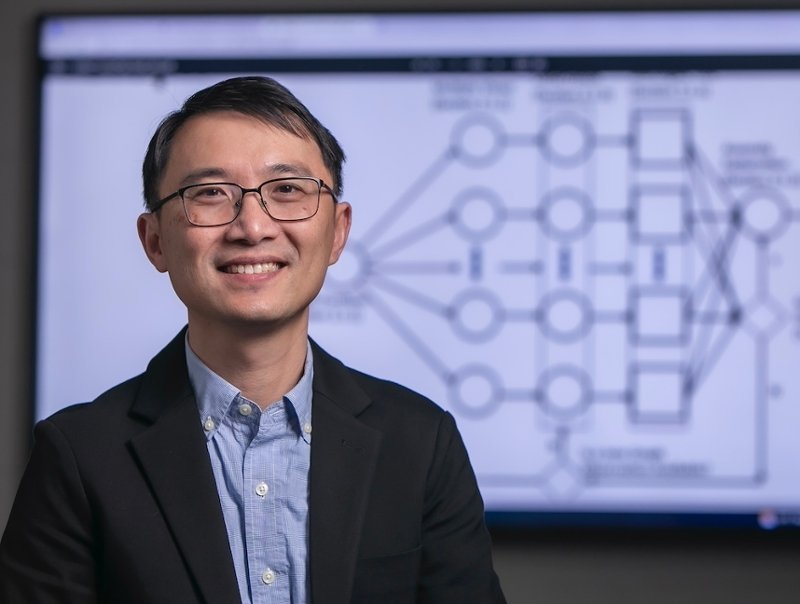
Artificial intelligence
Can robots work longer on farms? Meet Shen-Shyang Ho, computer scientist.
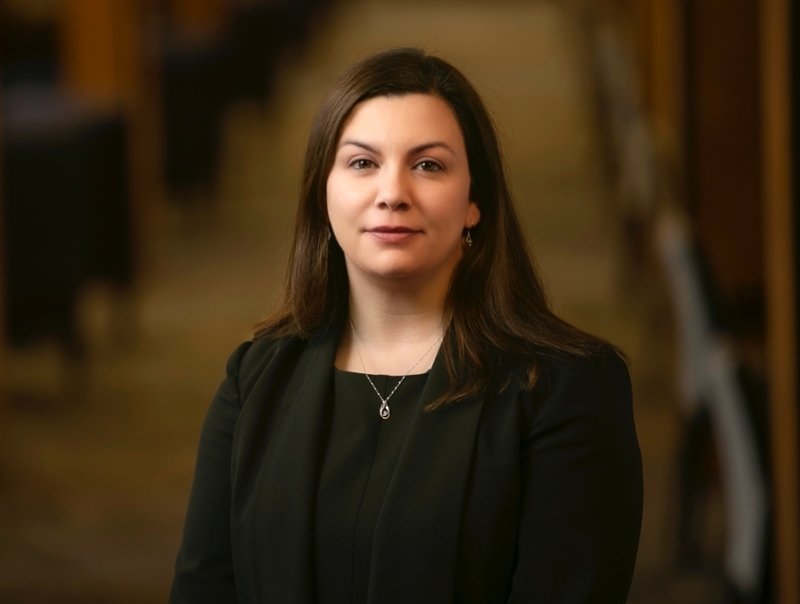
Homicide victims
How do we help family and friends of homicide victims move forward? Meet Jeanna Mastrocinque, crime victim researcher.
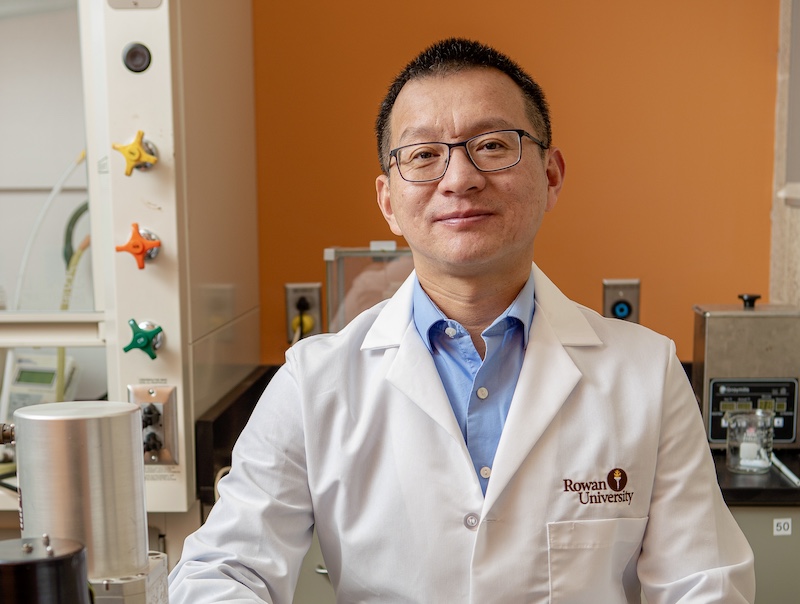
Advanced materials
Functional materials can be used to build advanced structures such as wearable sensors and electronics. Meet Wei Xue, mechanical engineer.
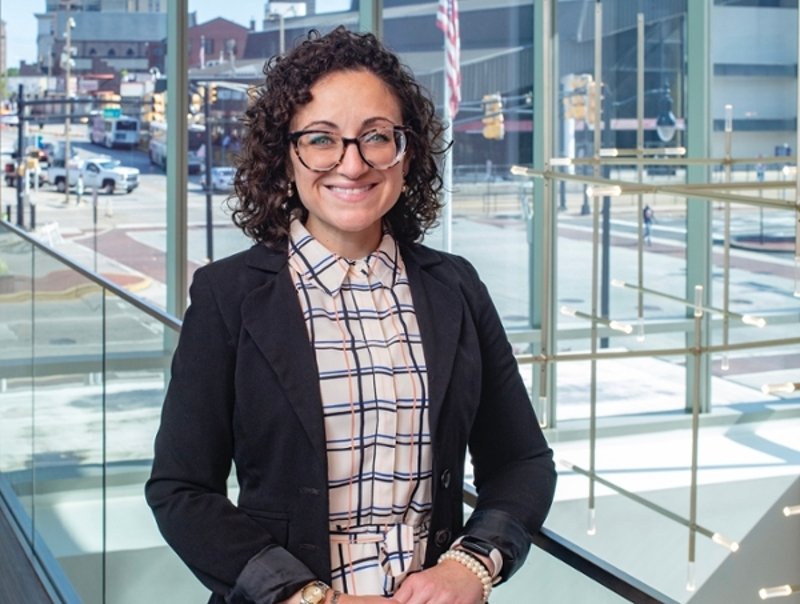
Health psychology
How do social comparisons influence healthy behavior? Meet Dani Arigo, clinical health psychologist.
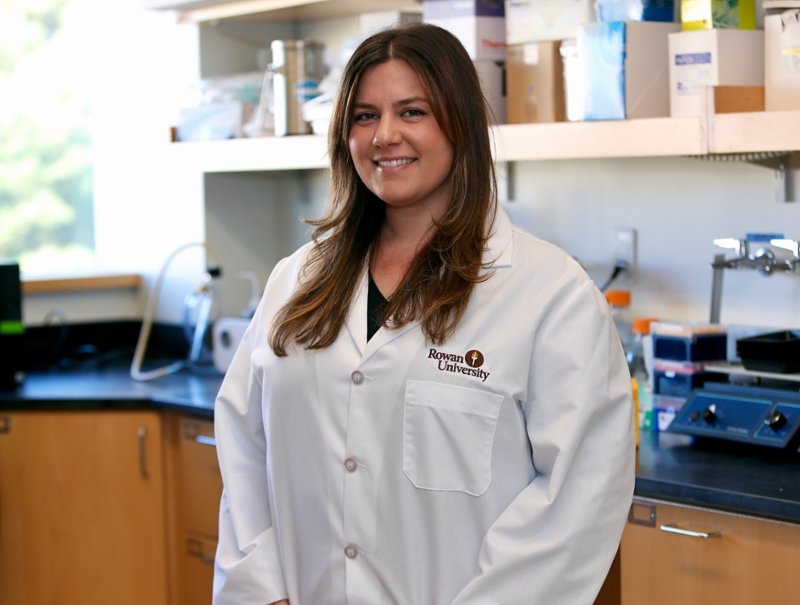
Chronic stress
Exercise may help reduce the harmful effects of chronic stress on the brain. Meet Melissa Manners, neurobiologist.
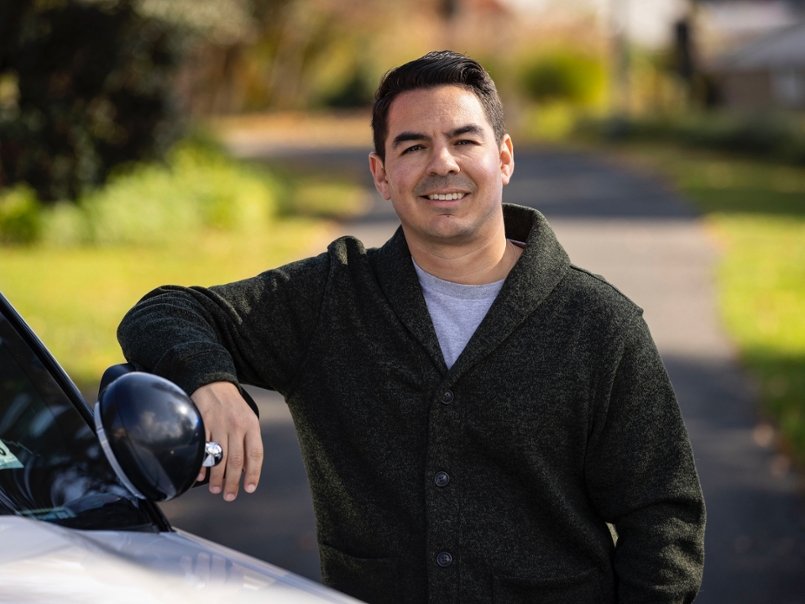
Policing
It's a critical time to enhance the effectiveness of law enforcement. Meet John Shjarback, criminologist.
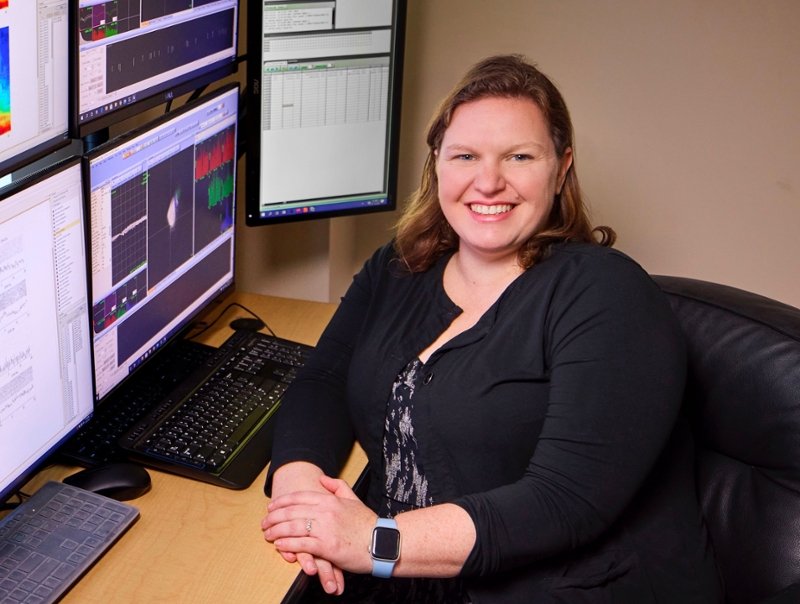
Neuroscience
Studying the brains of rats helps researchers understand cognitive function—and, potentially, opportunities to restore lost function. Meet Elizabeth West, neuroscientist.
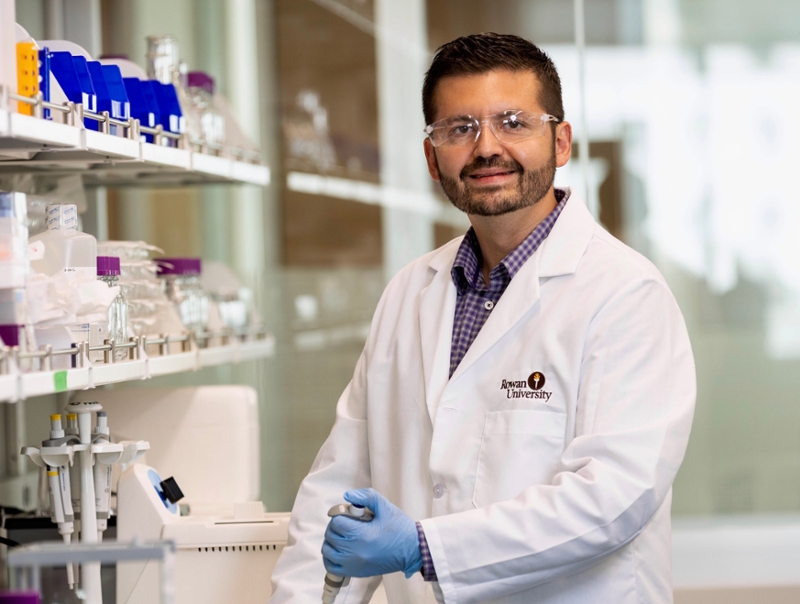
Regenerative medicine
Designing biomaterials that mimic the human body may rapidly advance stem cell research. Meet Sebastian Vega, biomedical engineer.
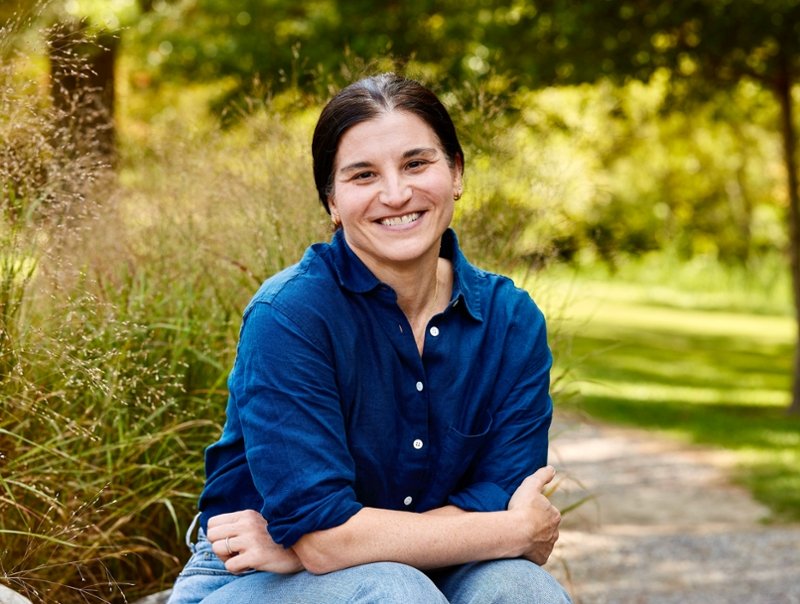
Presidential communications
Presidential communications and campaigns are continuously adapting to the times. Meet Anne Pluta, political scientist.
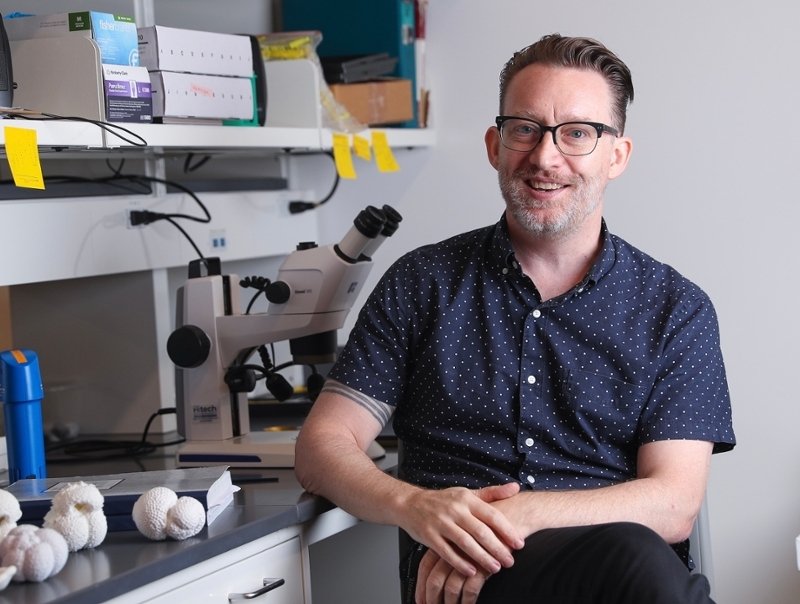
Climate Science
Examining past climate trends to predict the future. Meet Gerald Rustic, geologist.
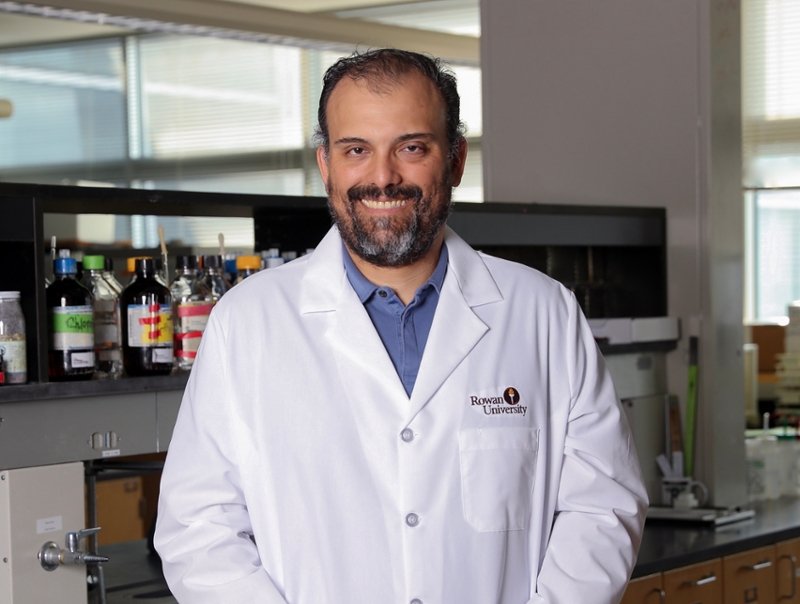
Drug discovery
Chemistry and entrepreneurship are a winning combination for drug discovery. Meet Gustavo Moura-Letts, organic chemist.
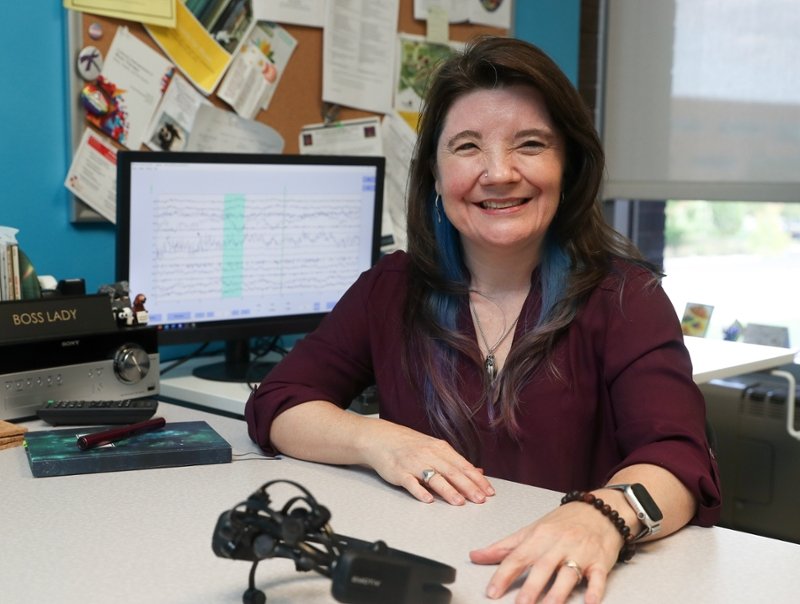
Music therapy
Music has a powerful influence on the body. Meet Andrea Hunt, music therapist.
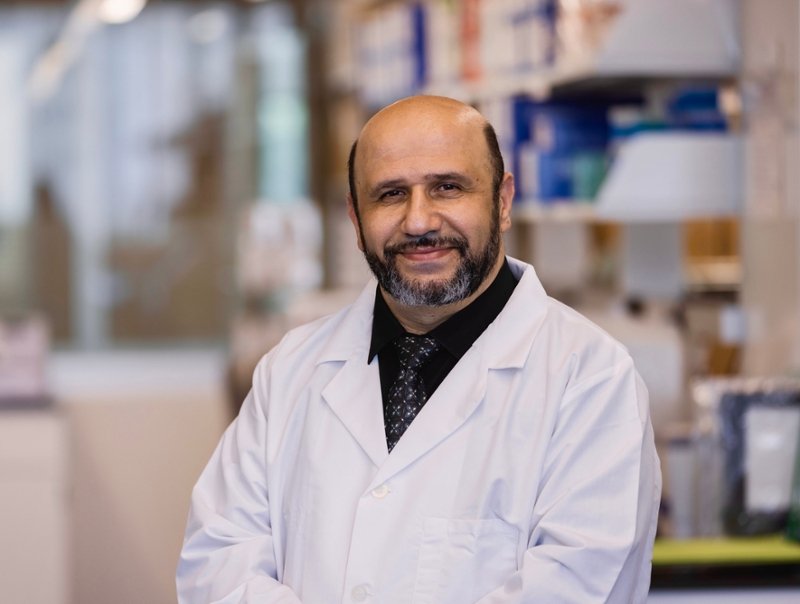
Asthma treatment
How do we treat asthma and pulmonary disease when conventional therapies don't work? Meet Omar Tliba, pharmacologist.
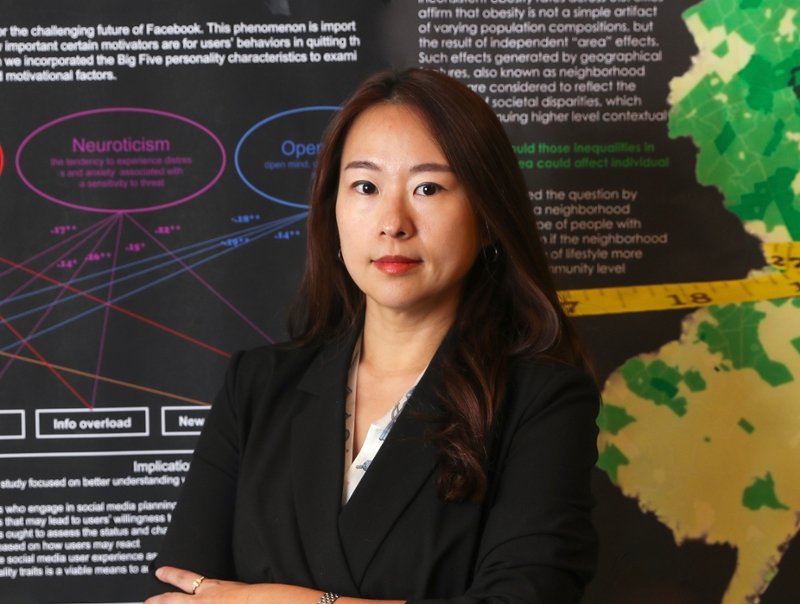
Communication studies
Effective communication can be challenging in our modern media environment. Meet Celine Hong, media and communication researcher.
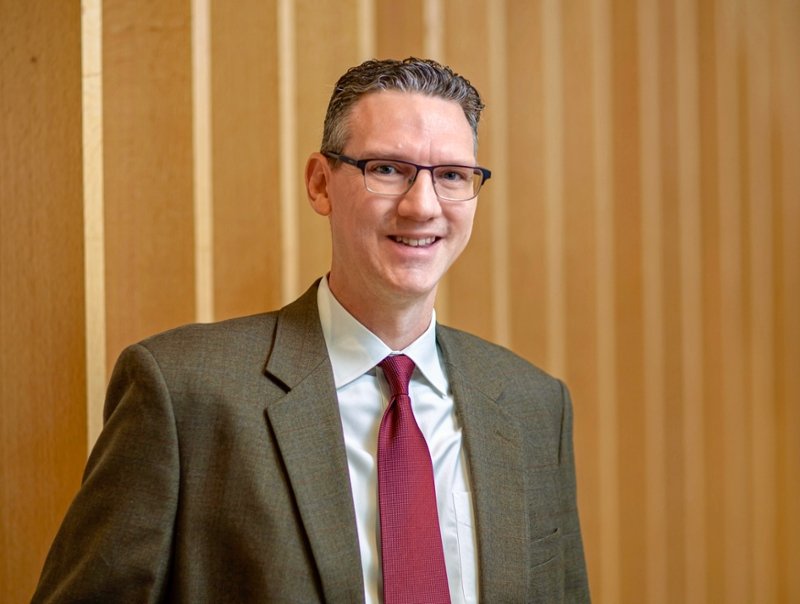
Emotional health
How do meditation and other mindful practices benefit our physical health? Meet Jefferey Greeson, clinical health psychologist.
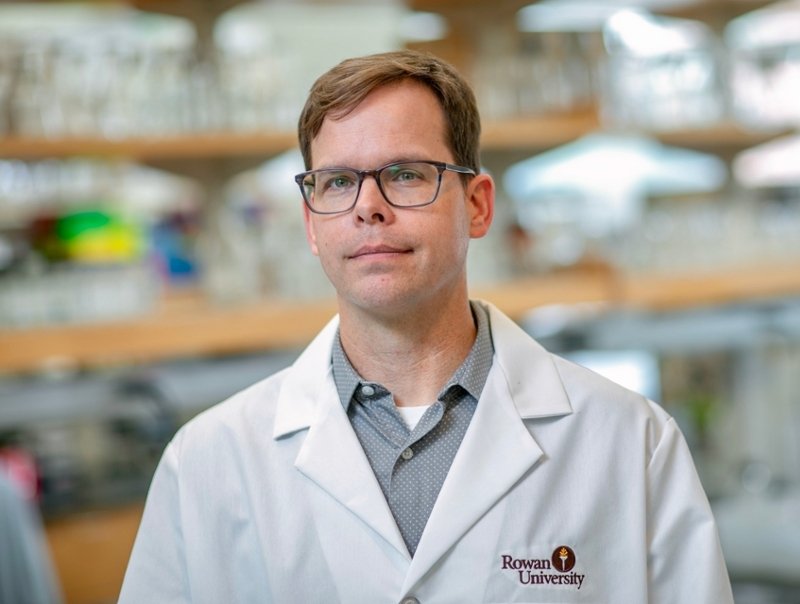
Bacteriology
Bacteria isn't all that bad. Meet Jason Heindl, bacteriologist.
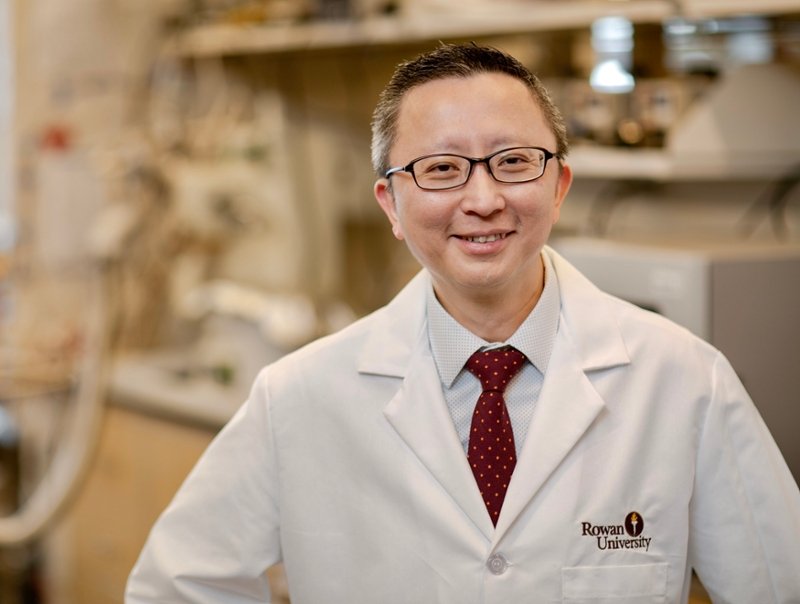
Renewable energy
Get a longer-lasting battery charge in just a few minutes. Meet Ken Lau, chemical engineer.
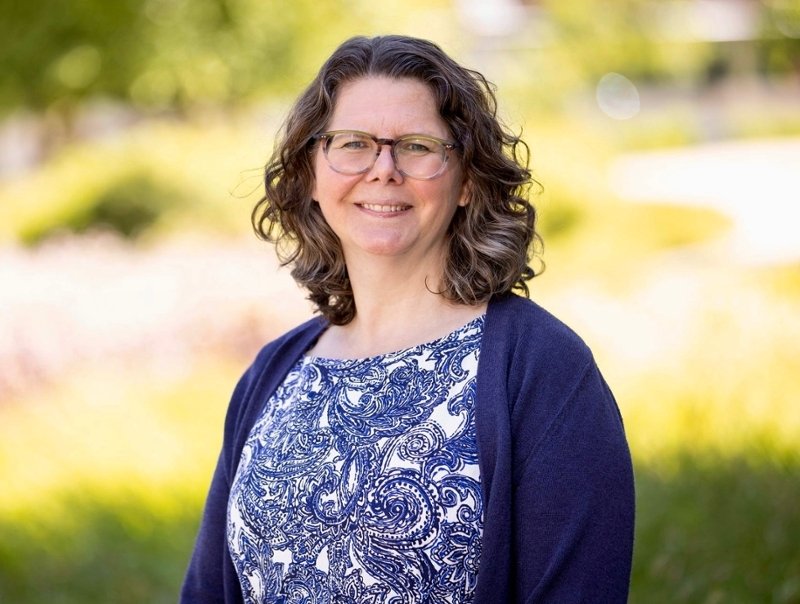
Juneteenth
How did Juneteenth become America’s emancipation holiday? Meet Emily Blanck, historian.
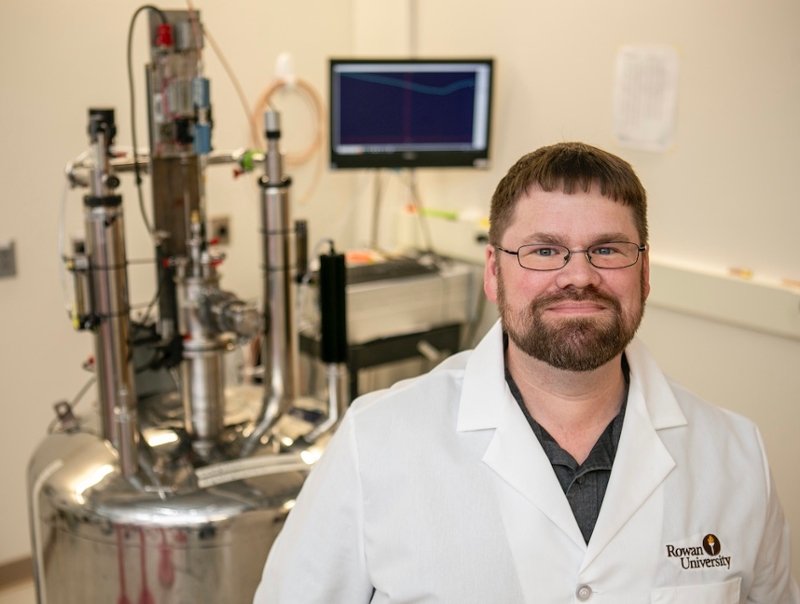
Biomedical imaging
Hyperpolarization could be the key to better, faster, cheaper MRIs. Meet Nicholas Whiting, interdisciplinary scientist.
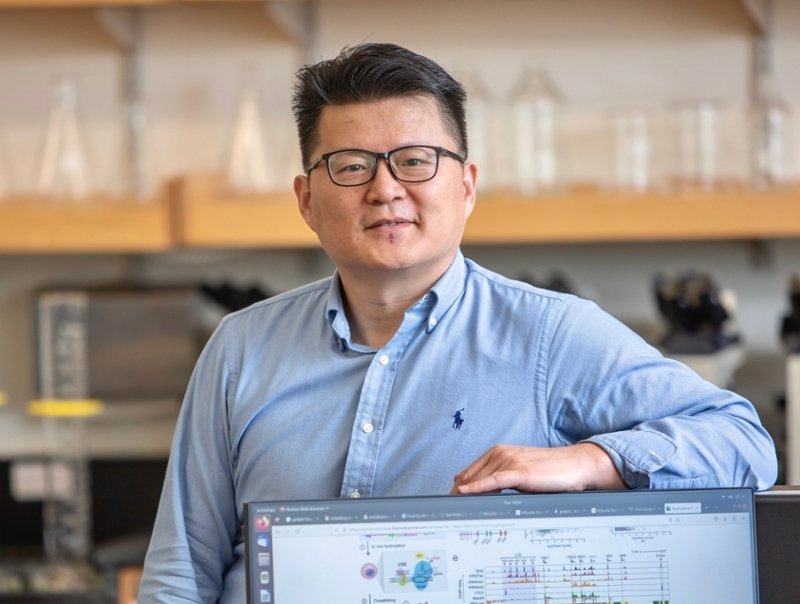
Memory storage
How does the brain form memories? Meet Yong Chen, bioinformatician.
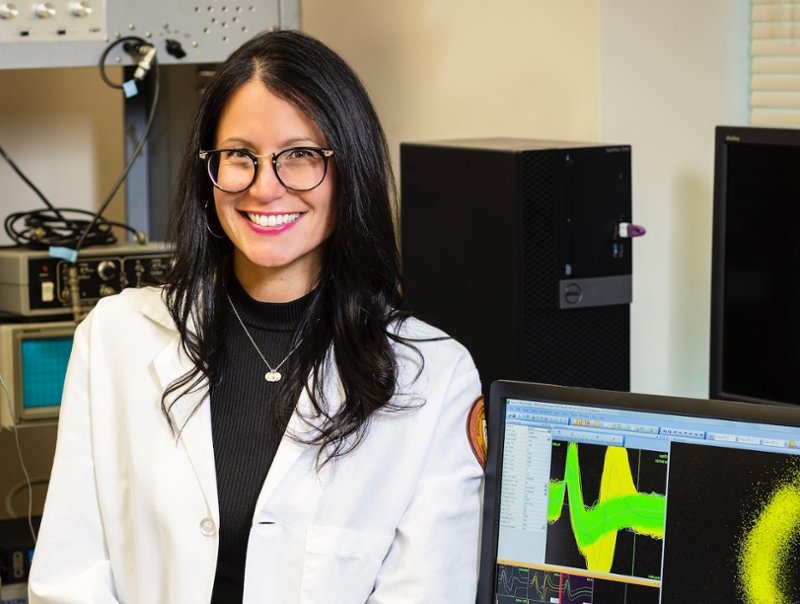
Traumatic brain injuries
Traumatic brain injuries can impair decision-making and evaluating risks. Meet Rachel Navarra, behavioral neuroscientist.
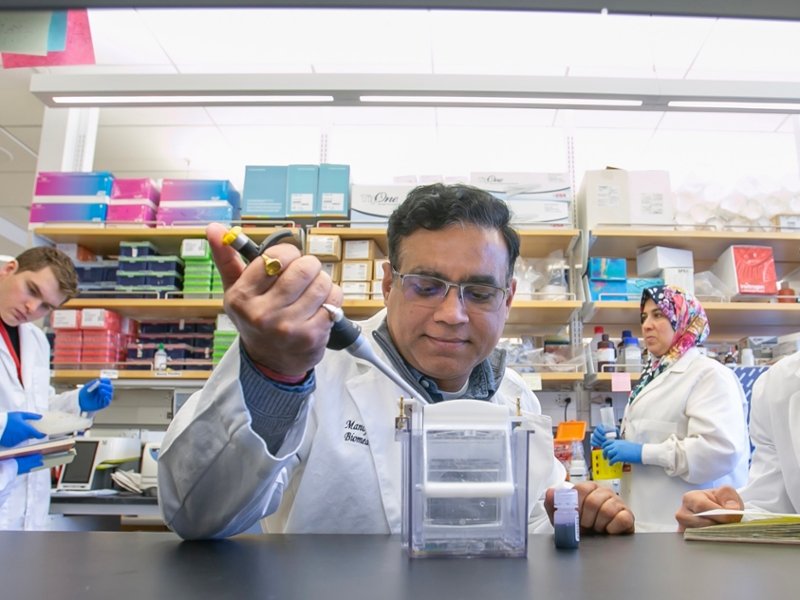
Treating multiple myeloma
Multiple myeloma is a stubborn disease. Studies of bone marrow may lead to more effective treatments. Meet Manoj Kumar Pandey, cancer biologist.
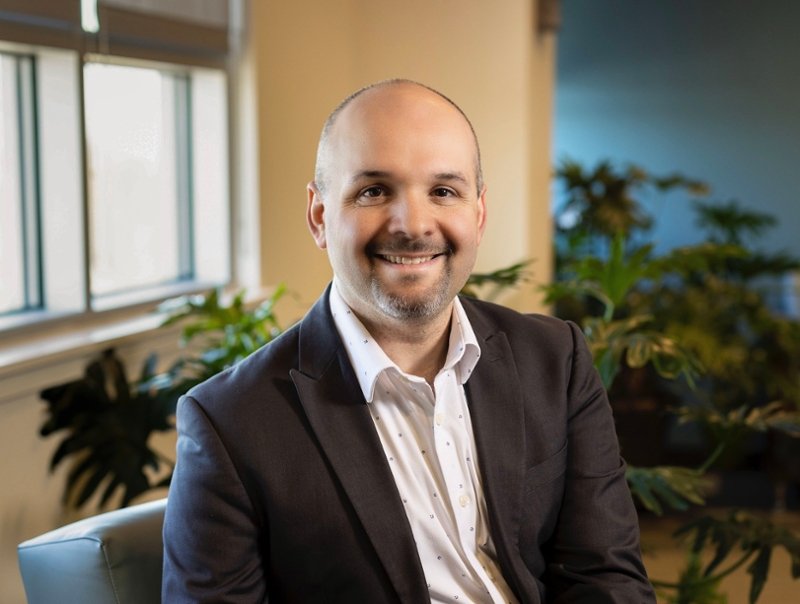
Alternative food production
Sustainability, economics, public health and animal treatment are some of the key issues surrounding alternative food production. Meet Garrett Broad, communication researcher.
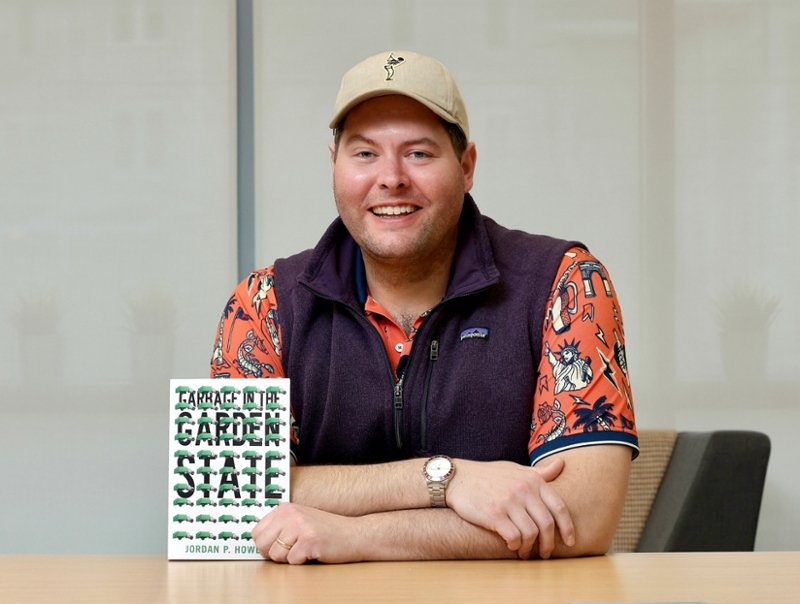
Business solutions for waste management
Smart business solutions can improve the market for recycling materials. Meet Jordan Howell, sustainable business researcher.
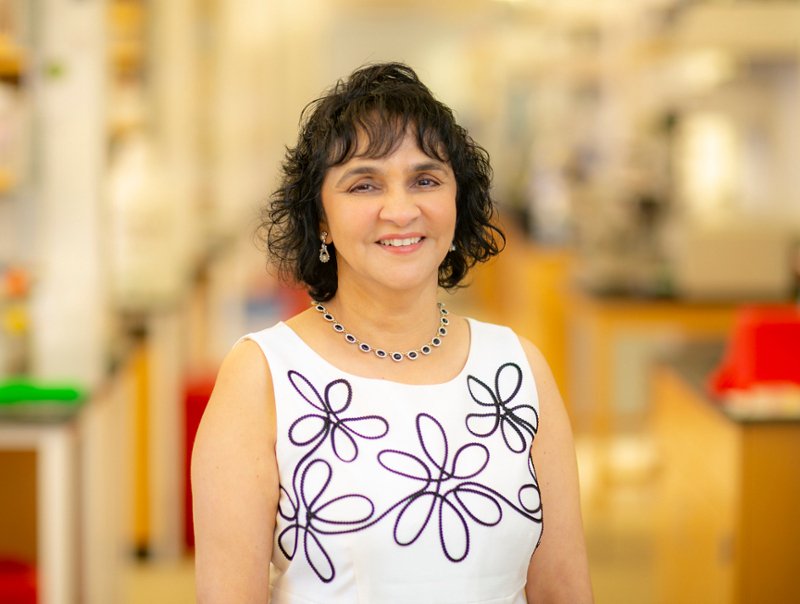
Gastrointestinal disease treatment
Patients suffering with gastrointestinal diseases need more effective treatments. Meet Sangita Phadtare, microbiologist.
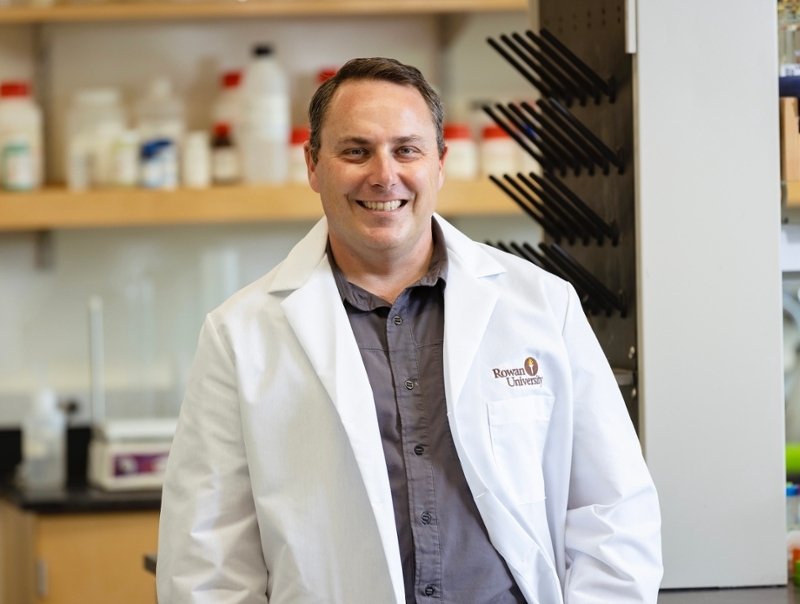
Molecular genetics
Much can be learned about how cells are programmed to develop in the early stages of life. Meet Benjamin Carone, molecular biologist.
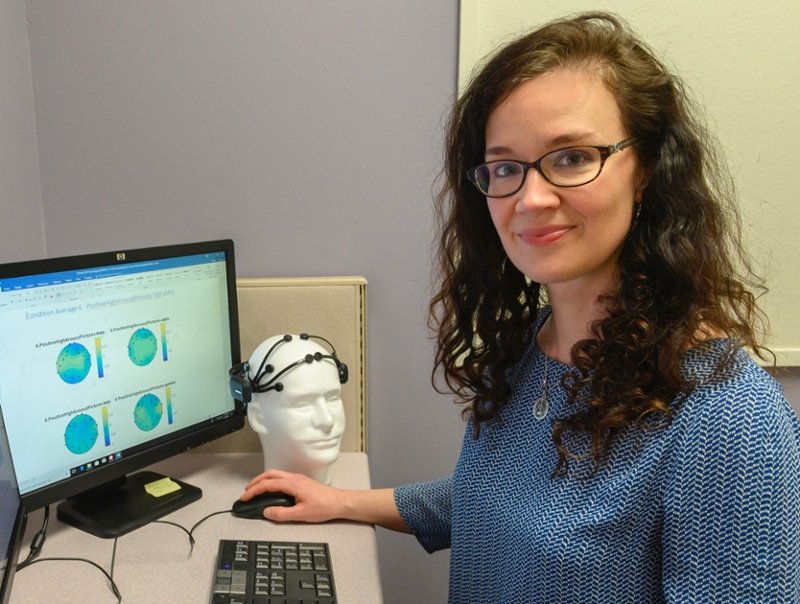
Depression in autistic adults
Understanding the factors contributing to depression in autistic adults will improve treatment. Meet Kaite Gotham, psychologist.
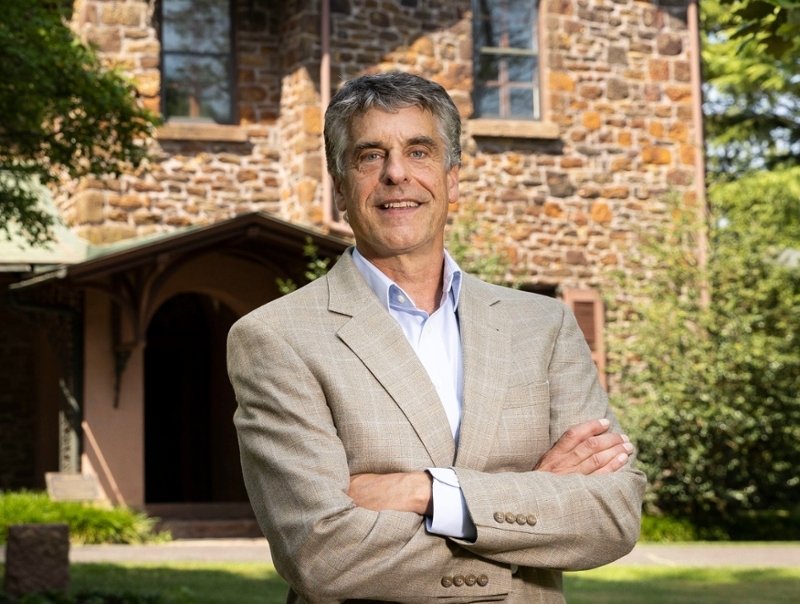
Soviet-era history
Soviet-era archives reveal how shadow economies were critical to surviving in a repressive dictatorship. Meet James Heinzen, historian.
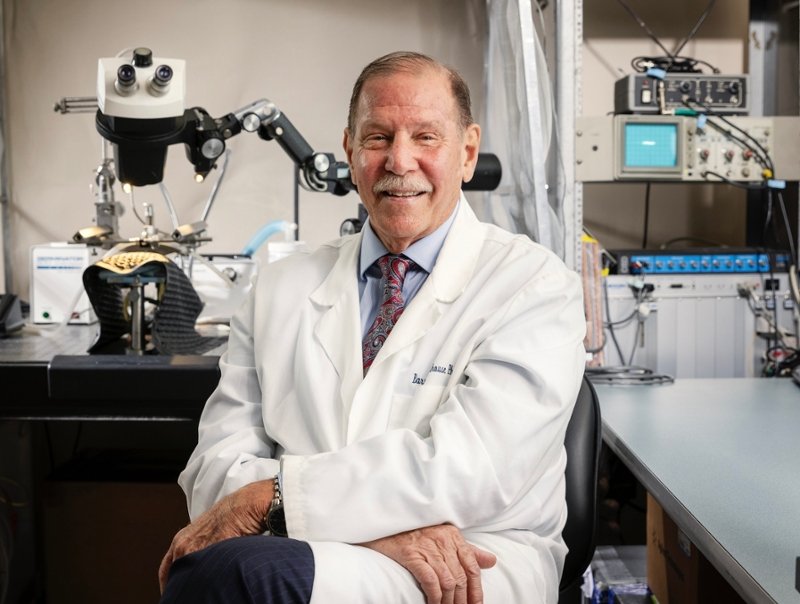
Neuroscience
The brain's nucleus locus coeruleus, or "blue spot," is linked to serious medical conditions. Researchers want to know how it works. Meet Barry Waterhouse, neuroscientist.
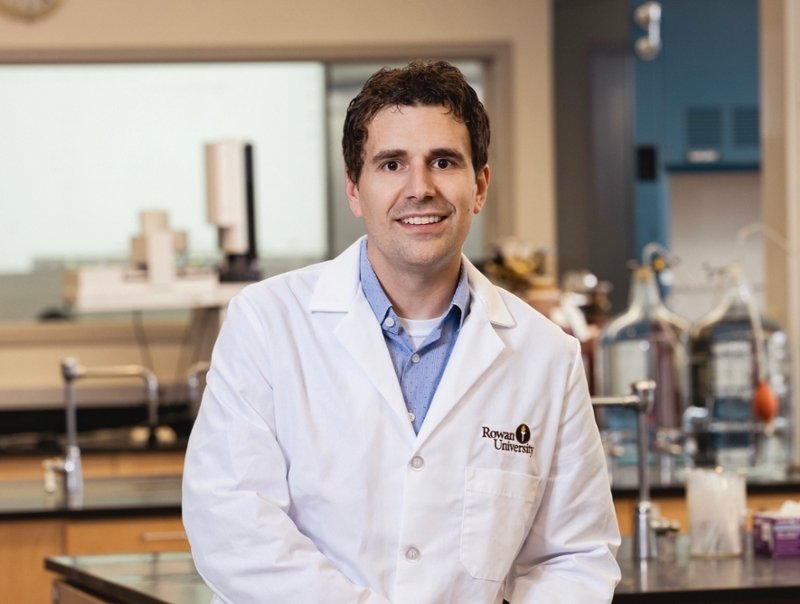
Advancing chemical analysis
Chemical analysis using liquid chromatography can be more efficient and sustainable. Meet James Grinias, chemist.
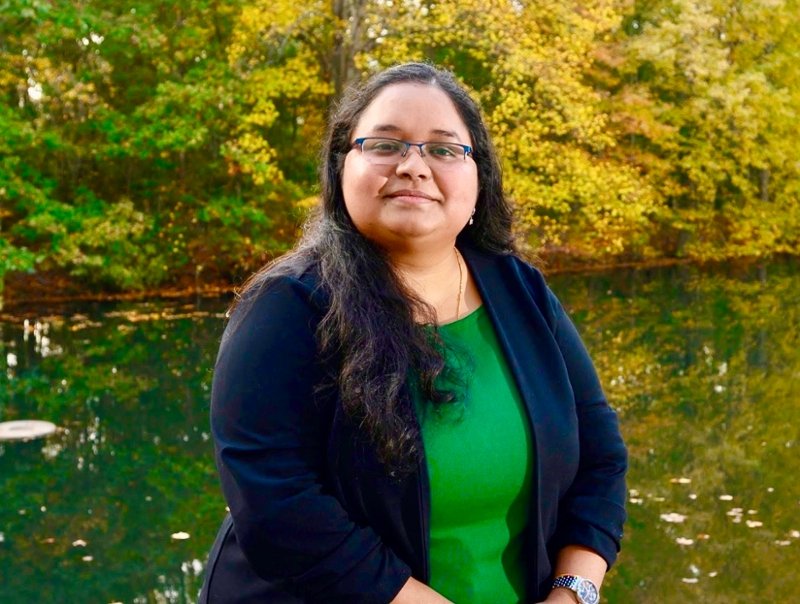
Eco-friendly solutions
Mathematical modeling, process design, and simulation can help forecast cost-effective and environmentally friendly ways to manage chemicals and waste. Meet Kirti Yenkie, chemical engineer.
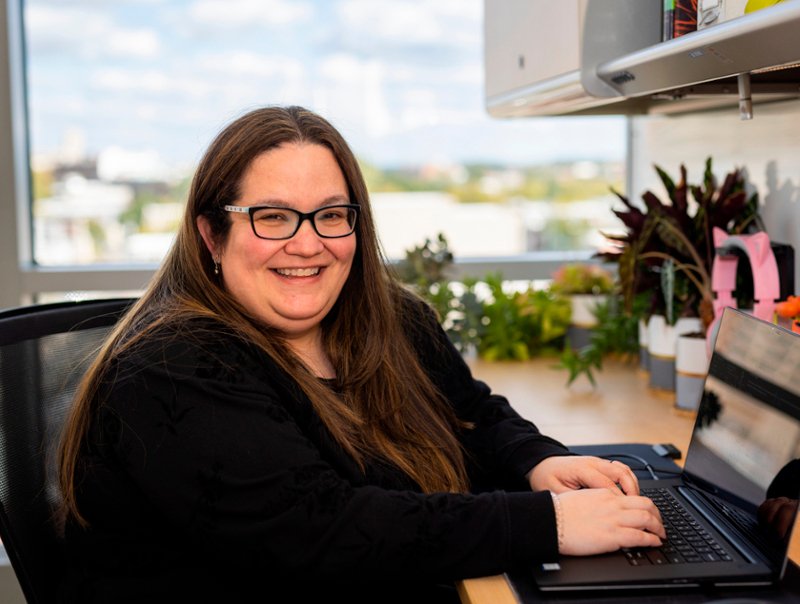
Sleep deprivation
Sleep well, stay well. Researchers are looking at an integrated approach of better sleep and diet to reduce hypertension and heart disease. Meet Diana Martinez, neuroscientist and physiologist.
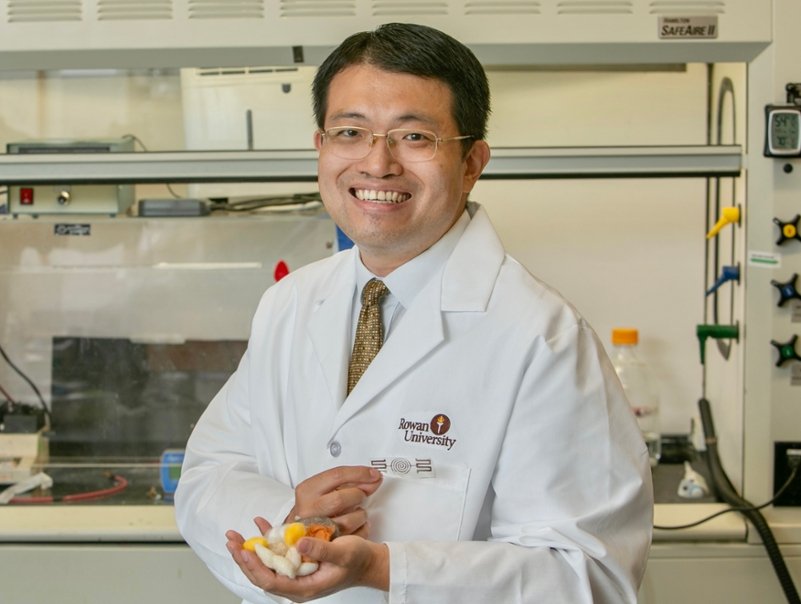
Novel, sustainable materials
He's using silk and other natural fibers to create sustainable materials to design biomedical and other technical applications. Meet Xiao Hu, materials scientist.
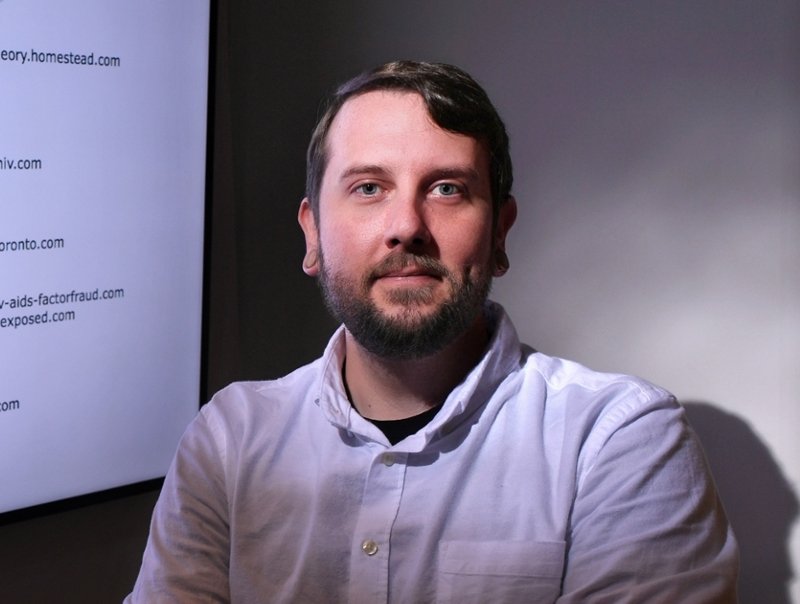
Science communication
The internet is a popular news source, but identifying misinformation can be tricky. Meet Miles Coleman, science communication researcher.
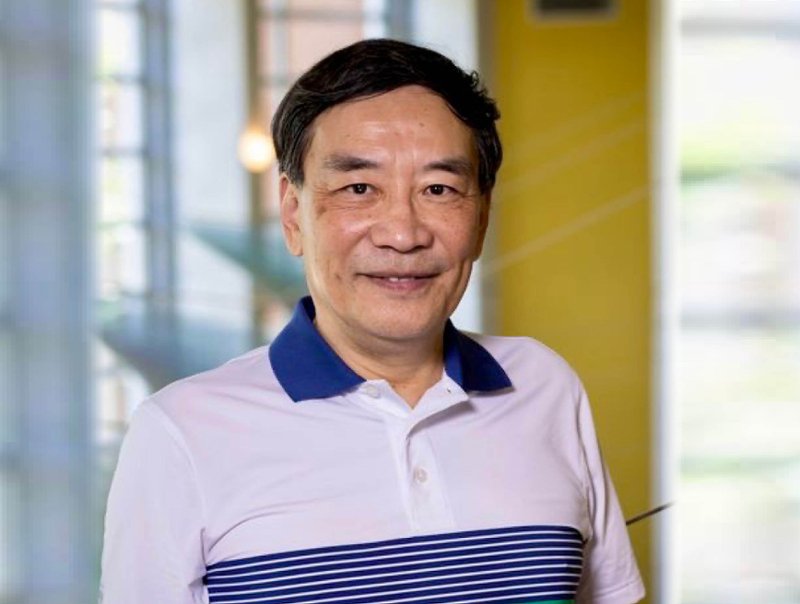
Cultural and global history
Over time, our cultural practices, such as the food we eat and how we eat it, have shaped population growth and the modern landscape. Meet Q. Edward Wang, historian.
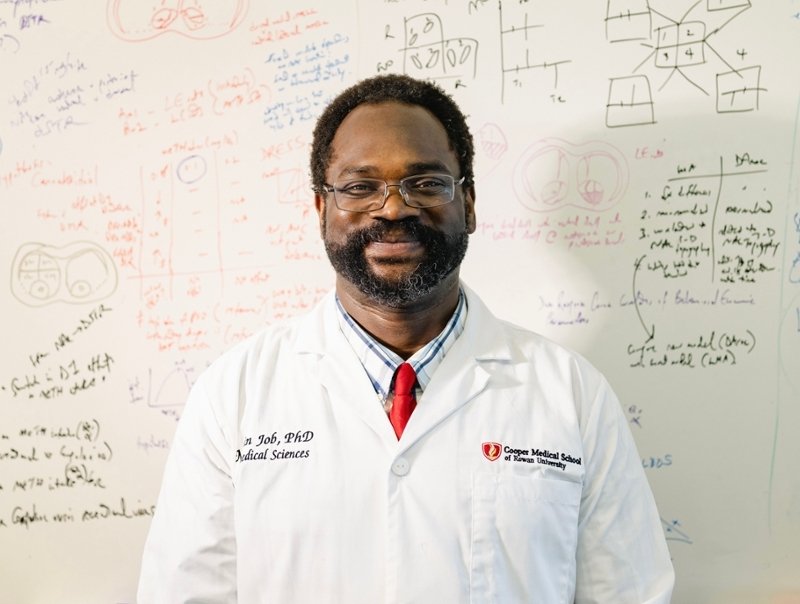
Addiction treatment
Learning more about patient behavior may improve individualized drug addiction treatment plans. Meet Martin Job, addiction research scientist.
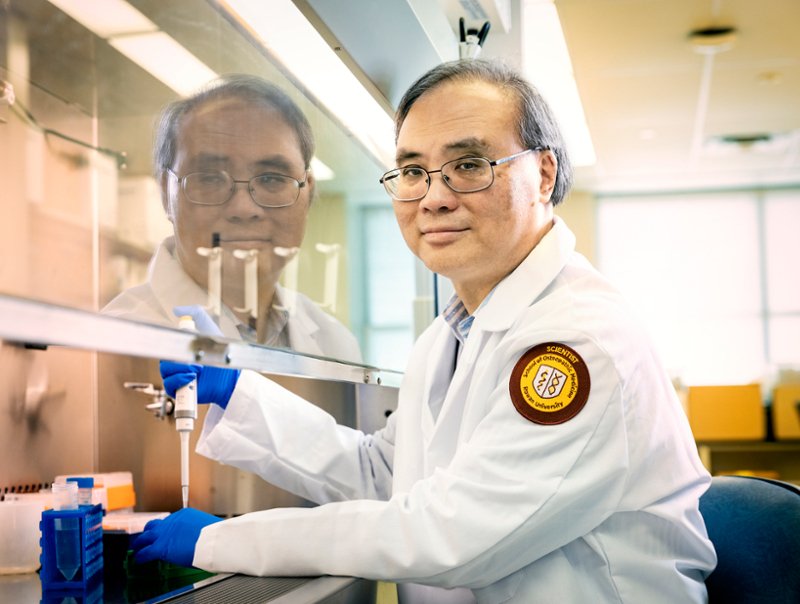
Treating infections
Promising research may lead to a treatment for sepsis and other severe inflammatory responses to infection. Meet Kingsley Yin, pharmacologist and immunologist.
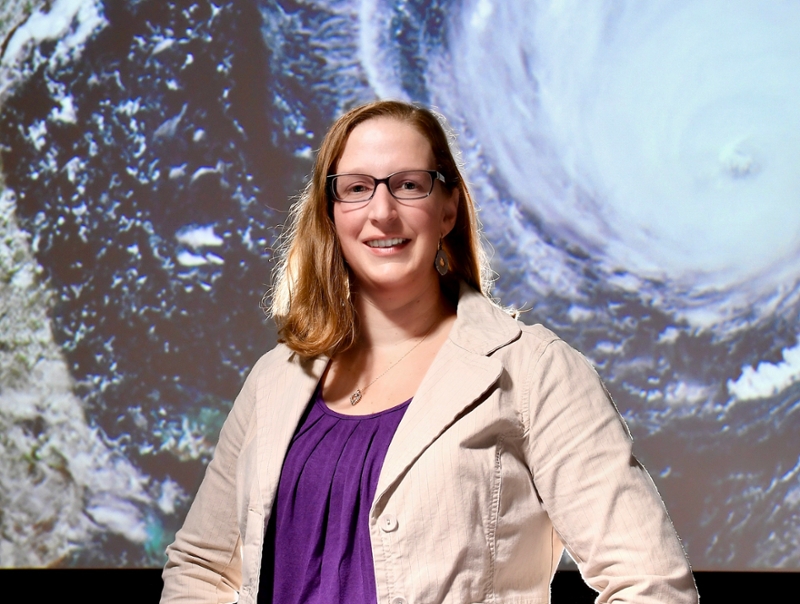
Climate change
Computer modeling indicates the intensity of hurricanes will continue to increase due to climate change. Meet Andra Garner, climate scientist.
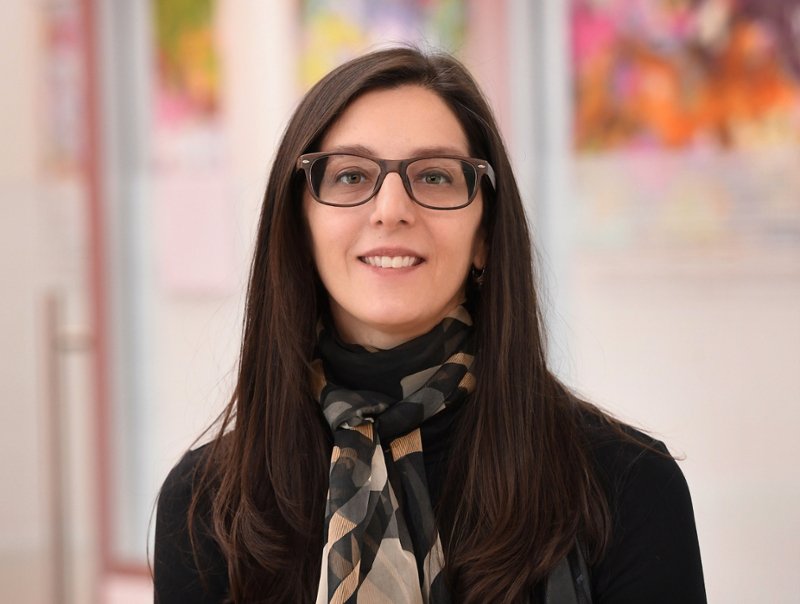
Healthy behavior
Providing immediate incentives may help treat unhealthy behaviors and harmful addictions. Meet Bethany Raiff, psychologist.
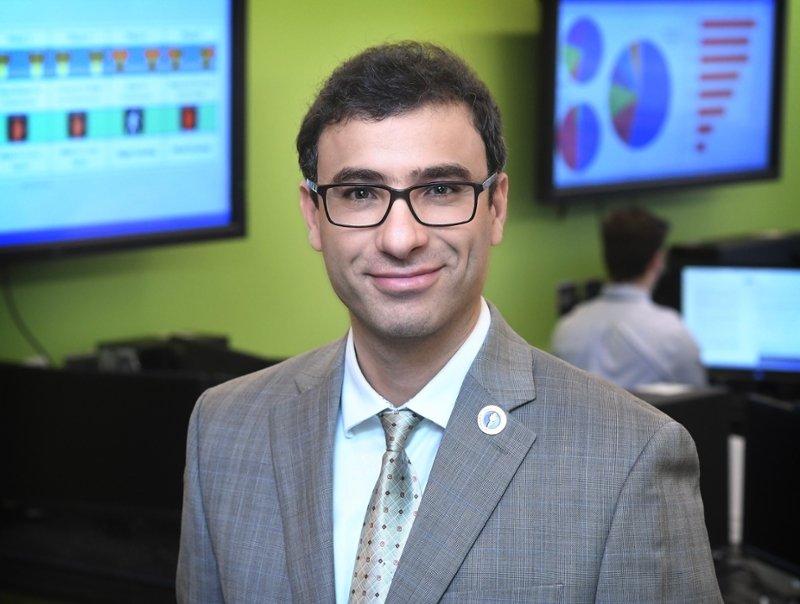
Transportation safety
Distracted driving is the leading cause of fatal crashes in New Jersey. Researchers hope increasing public awareness will save lives. Meet Mohammad Jalayer, transportation engineer.
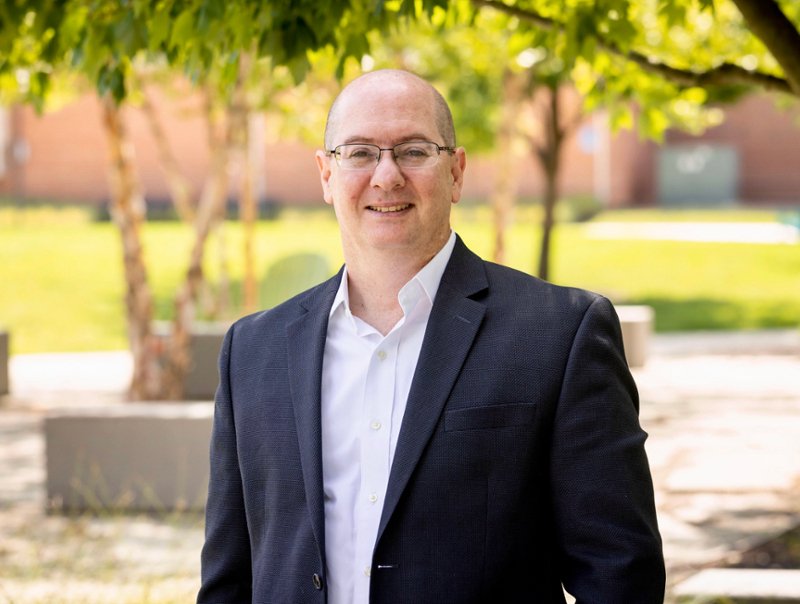
Political science
Examining the current political climate in Eurasia provides insight on violence, authoritarianism and other pressing issues. Meet Lawrence Markowitz, political scientist.
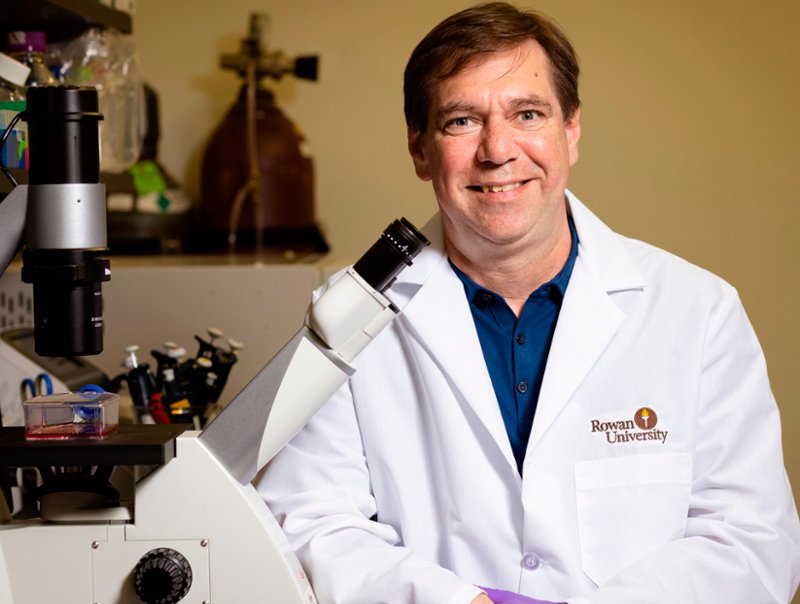
Virology
Current drugs to treat herpes simplex only treat symptoms. Understanding how the virus invades cells may be the key to designing new drugs to prevent infection. Meet Claude Krummenacher, virologist.
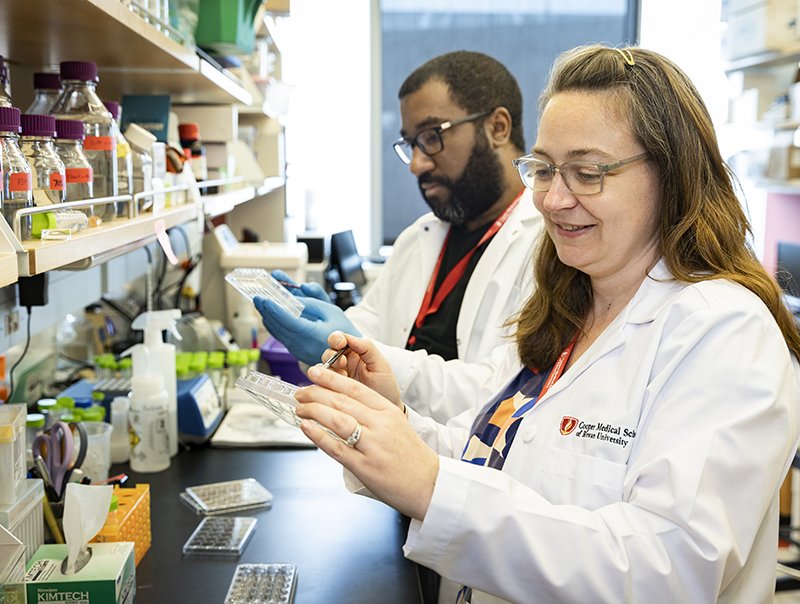
Neuropharmacology
Can altering brain receptors prevent opioid addiction? Meet Amanda Fakira, neuropharmacologist.
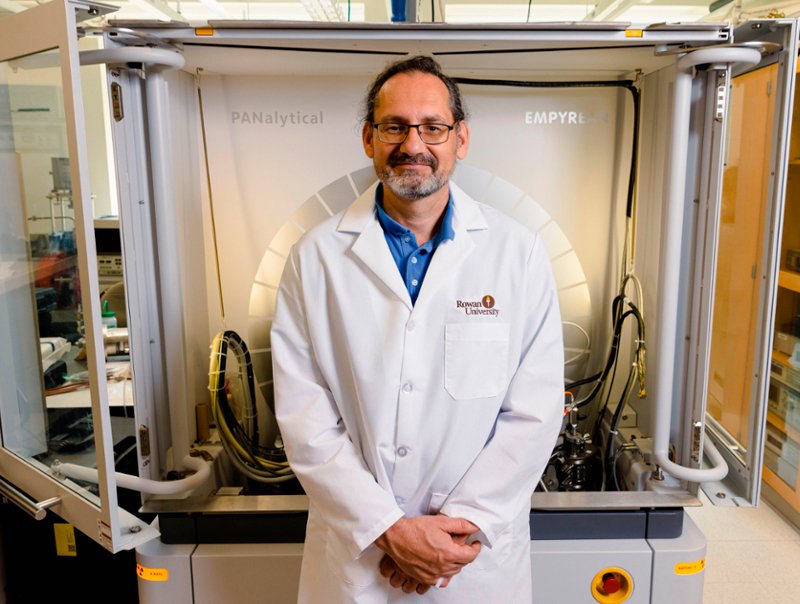
Advanced materials science
Developing new materials takes an interdisciplinary approach. Meet Sam Lofland, condensed matter physicist.
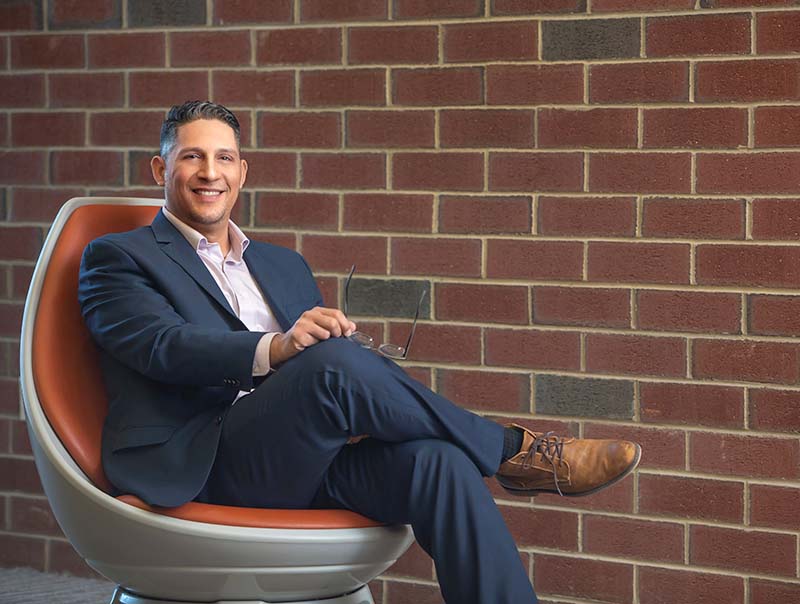
Healing through education
Educators can develop innovative strategies and support mechanisms for children exposed to trauma, violence and economic hardships. Meet Adam Alvarez, youth trauma researcher.
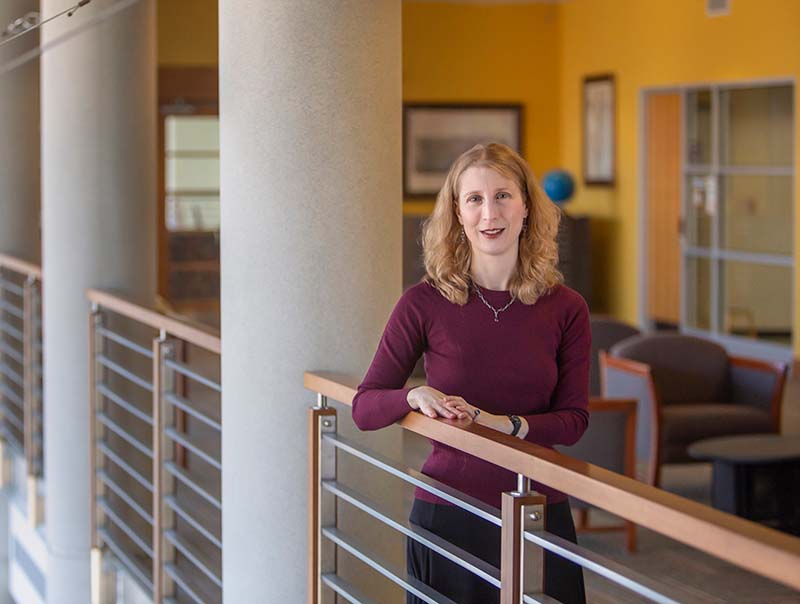
Untold history
It takes an expert storyteller to uncover the experiences of people of the past, like women and children, whose voices have not been heard. Meet Melissa Klapper, historian.
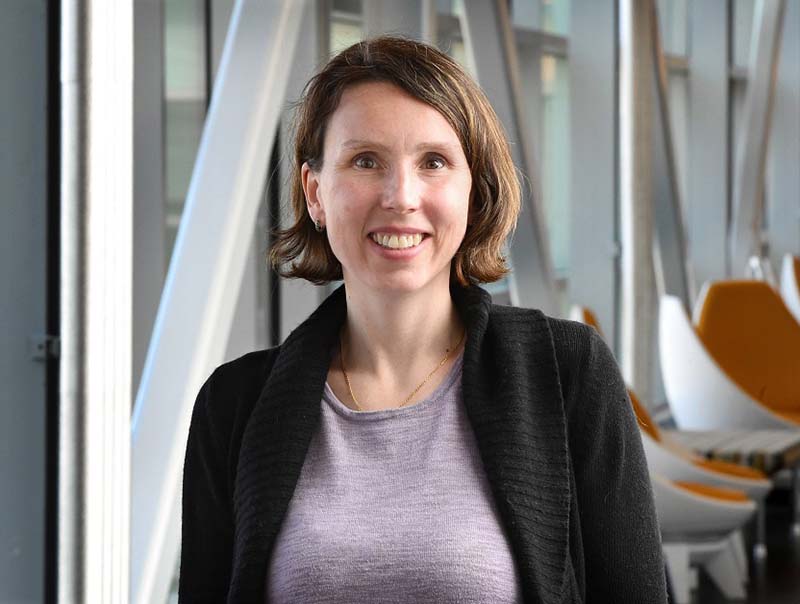
Engineering education
Every day, engineers in chemical plants make decisions that could have major safety repercussions—and it’s important they make the right ones. Meet Cheryl Bodnar, engineering educator.
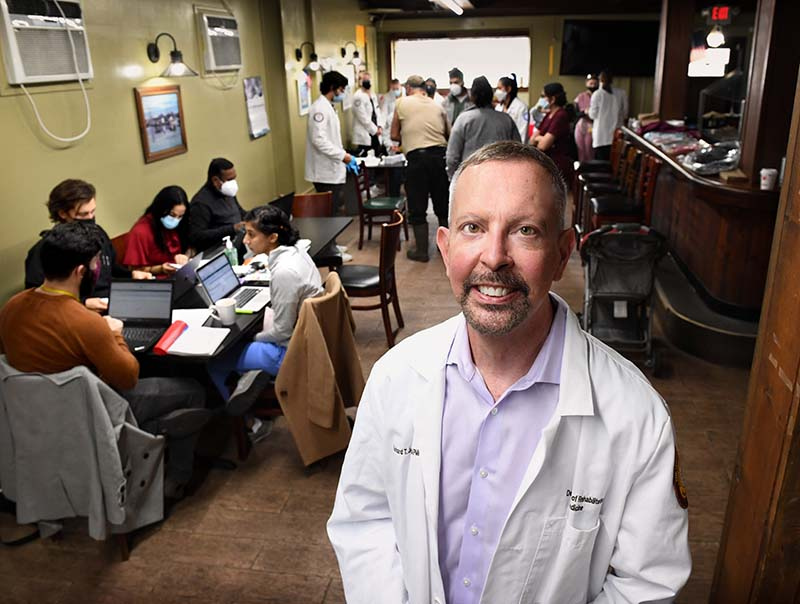
Pain management
When patients treated for pain become addicted to opioids, they need help, not shame. Meet Richard Jermyn, pain management and addiction treatment specialist.
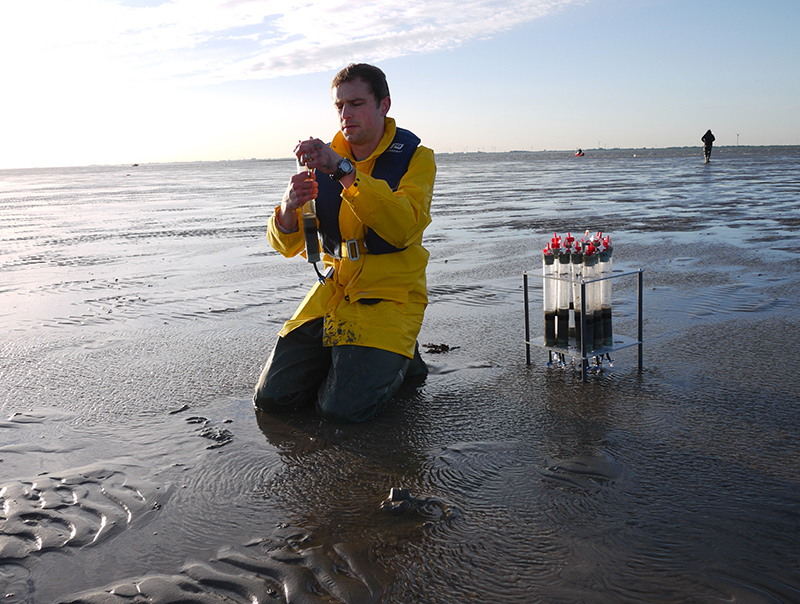
Climate change
Much can be learned about our rapidly warming planet through the study of nitrous oxide, methane and carbon dioxide. Meet Charles Schutte, aquatic biogeochemist.

Health disparities
Community health is best improved with help from its members—and careful listening. Meet Nicole Vaughn, community health and wellness researcher.
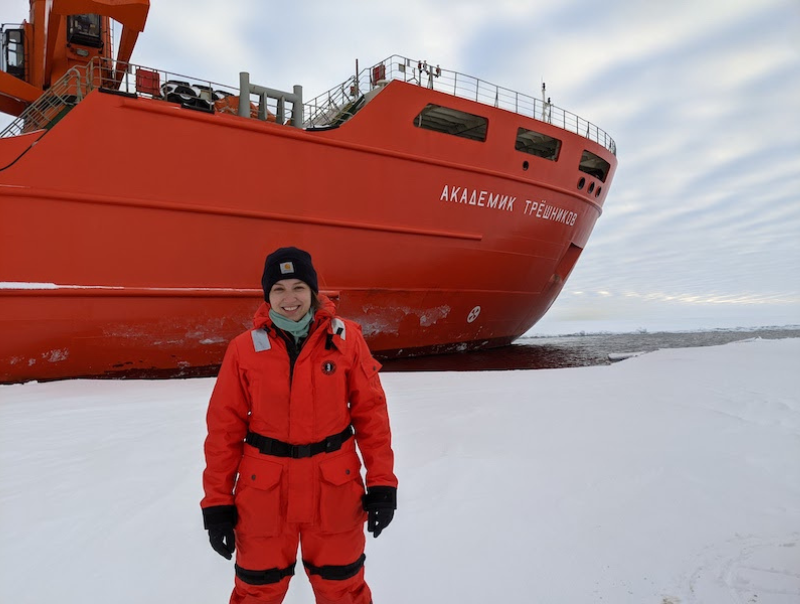
Climate change
Arctic Ocean water holds clues to climate change, but scientists must venture to find them. Meet Lauren Kipp, environmental scientist.
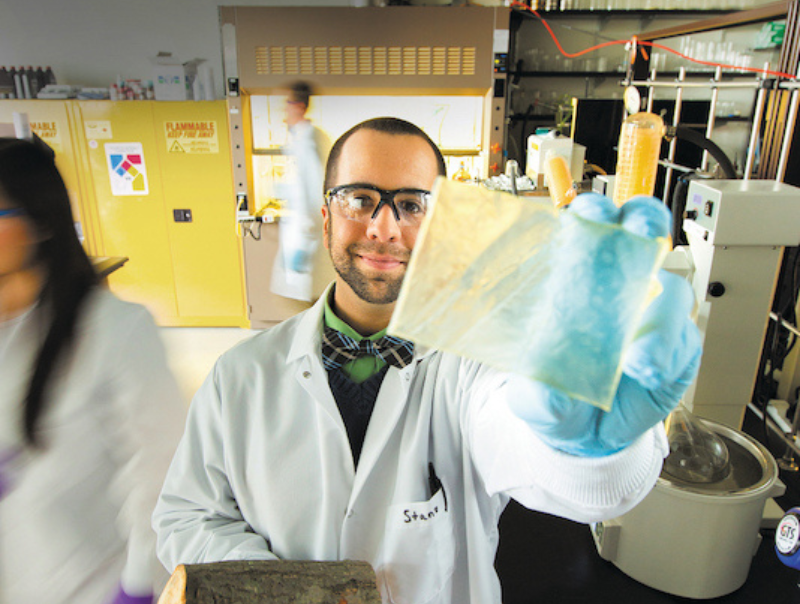
Sustainable materials
The planet needs renewable sources of new materials, perhaps from trees and plants. Meet Joe Stanzione, chemical engineer.

Superbugs
Modern medicine needs new methods to attack antibiotic-resistant ‘superbugs.’ Meet Valerie Carabetta, microbiologist.
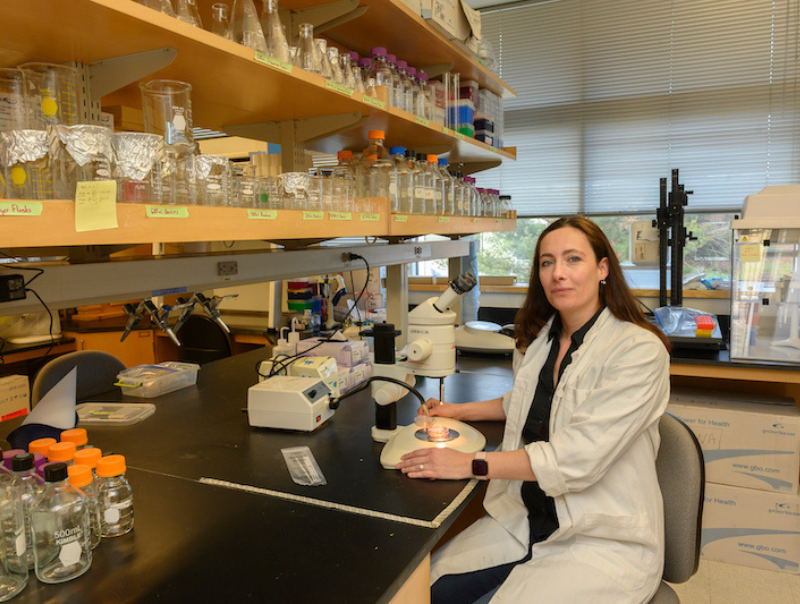
Honey bees
Microbes in the guts of honey bees may impact their memories and social behavior. Meet Svjetlana “Lana” Vojvodic Kruse, biologist.
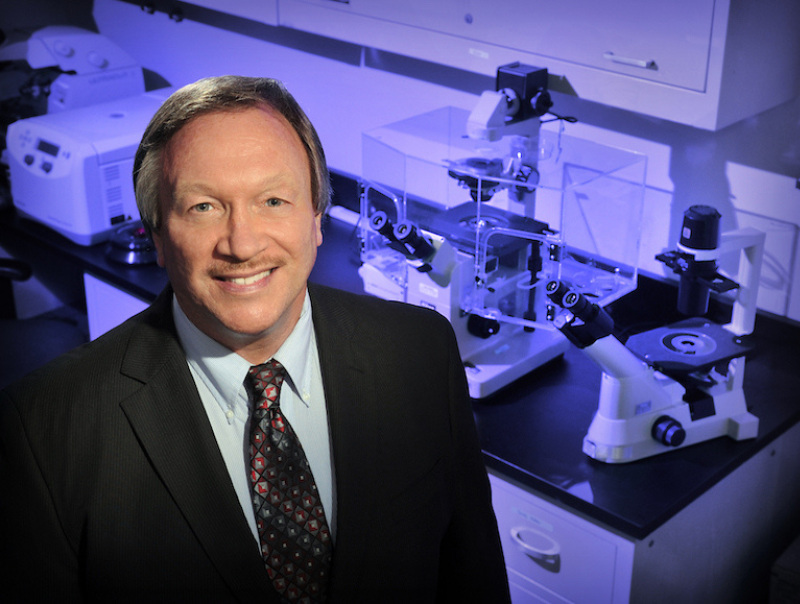
Alzheimer’s disease
A blood test to detect early signs of many diseases could lead to faster diagnosis and treatment. Meet Robert Nagele, cell biologist.
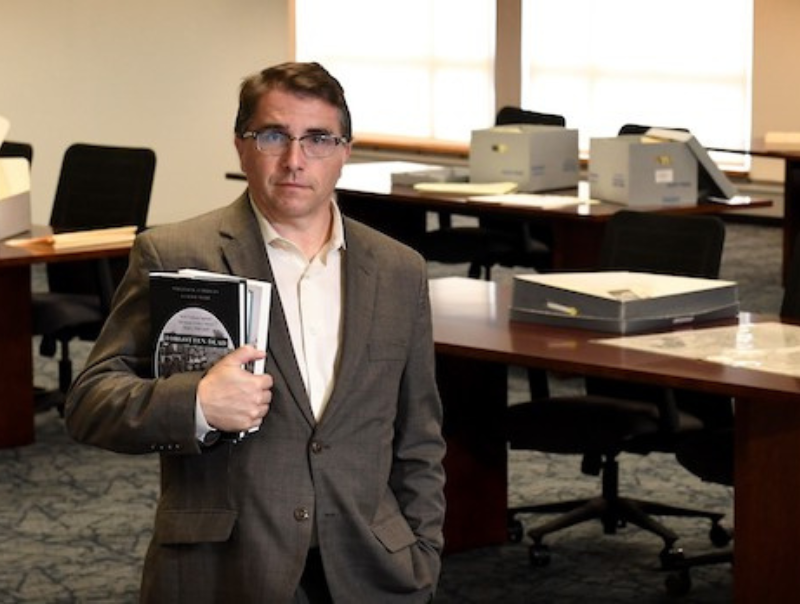
Cultural violence
We don’t remember American cultural violence the same way. That can change. Meet William Carrigan, historian.

Ancient human remains
Ancient human remains help us understand our roots. Meet Maria Rosado, anthropologist.
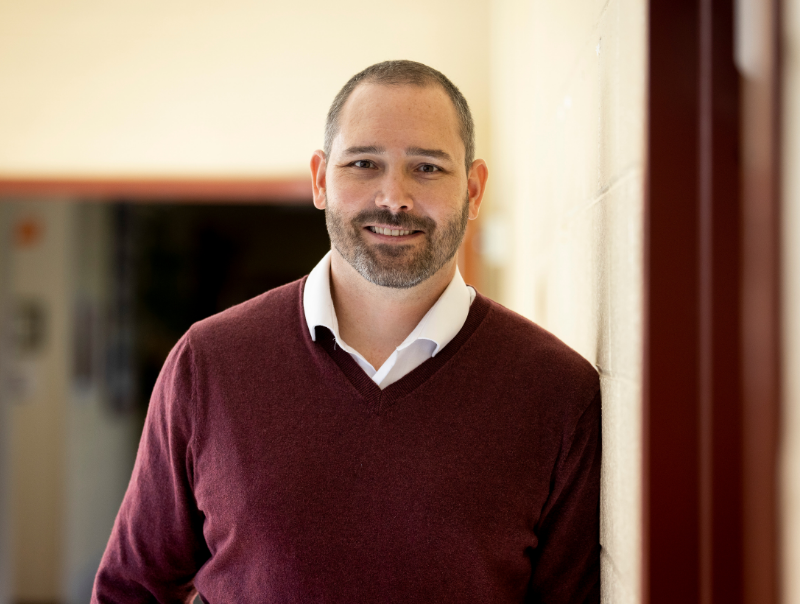
Inclusive education
Children with disabilities deserve an equitable education, no matter where they live. Meet Brent C. Elder, educator and advocate.
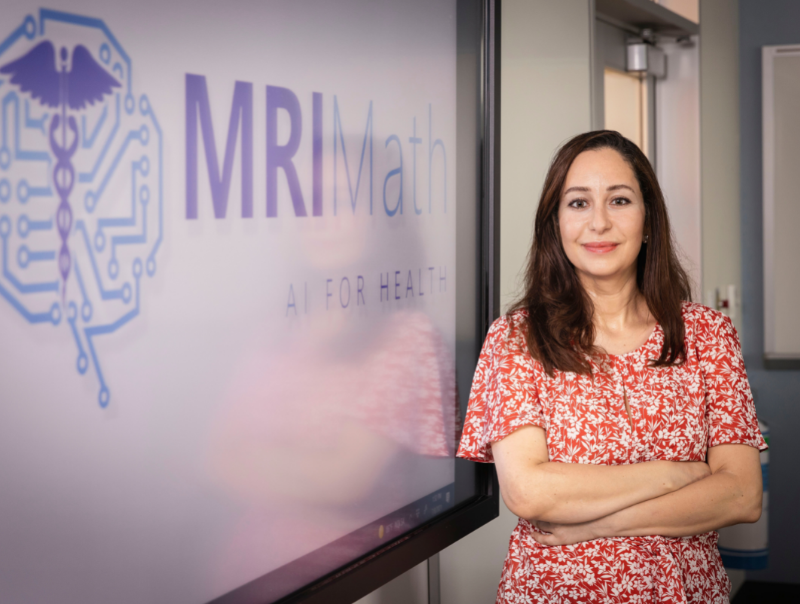
Artificial intelligence
In the right hands, artificial intelligence can do a lot more than beat chess masters or drive a vehicle. It can save lives. Meet Nidhal Bouaynaya, computer scientist.
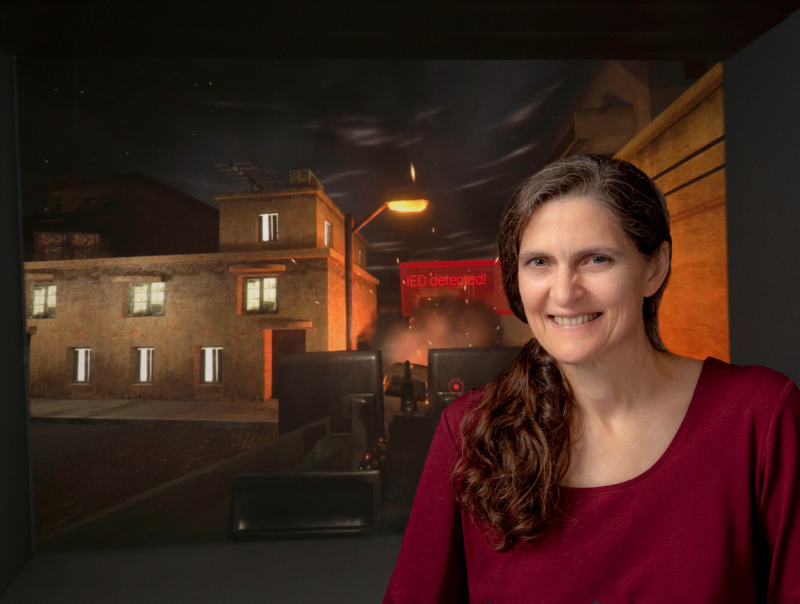
Engineering systems
Careful study is required to make complicated systems work best for people, no matter their strengths or weaknesses. Meet Patrice "Polly" Tremoulet, human factors scientist.
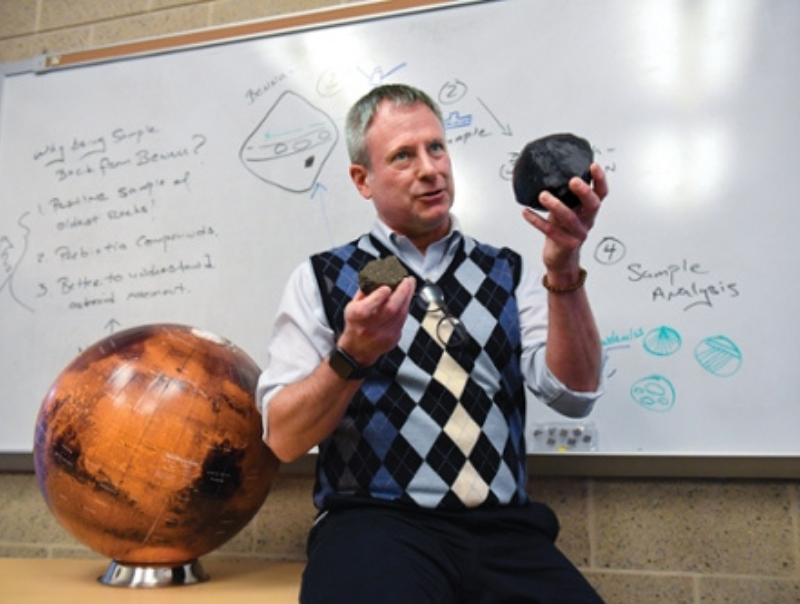
NASA asteroid research
After a journey of some two billion miles, the NASA spacecraft OSIRIS-REx dropped a robotic arm and completed a touch-and-go collection maneuver above the asteroid Bennu. Meet Harold Connolly, geologist.
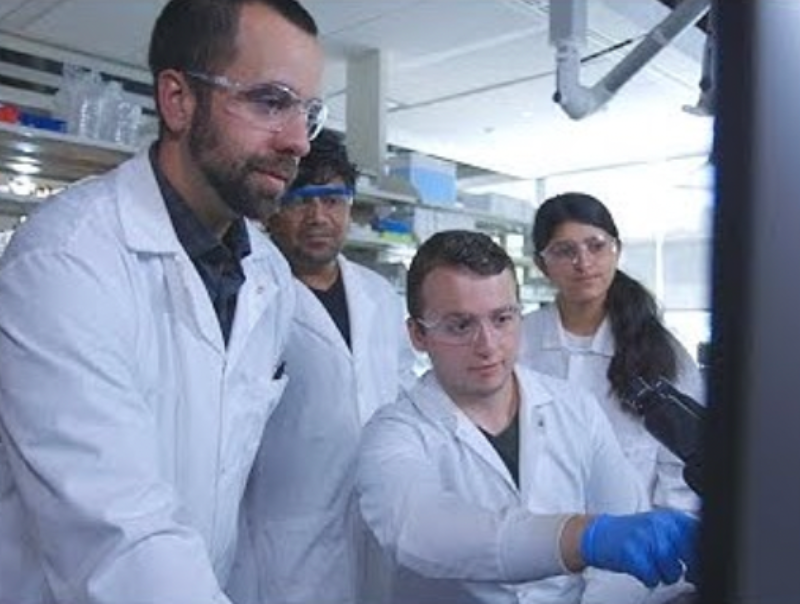
Cold spray technologies
A $14.5 million research grant will allow researchers to develop technology to modernize the Army and improve the safety of soldiers. Additionally, they will explore applications for civilian and commercial use.
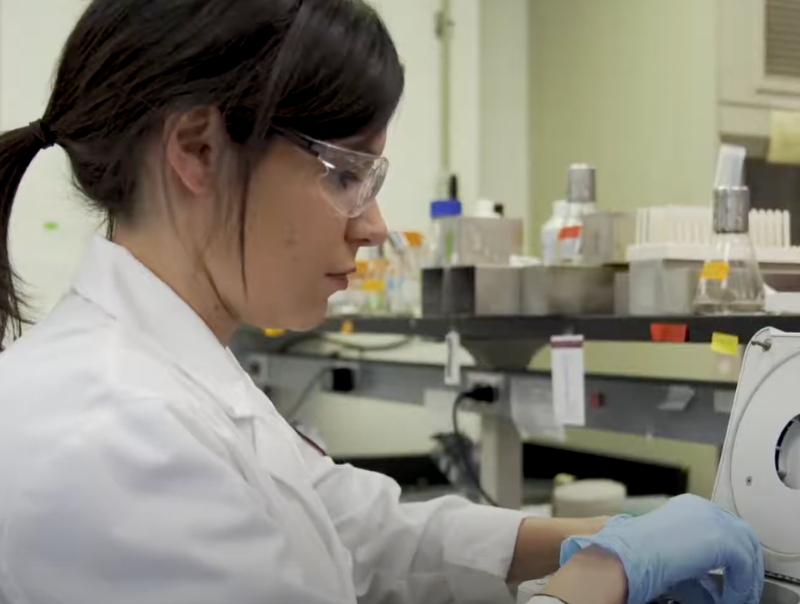
Undergrad research
Rowan faculty and students reflect on the Summer Undergraduate Research Program.
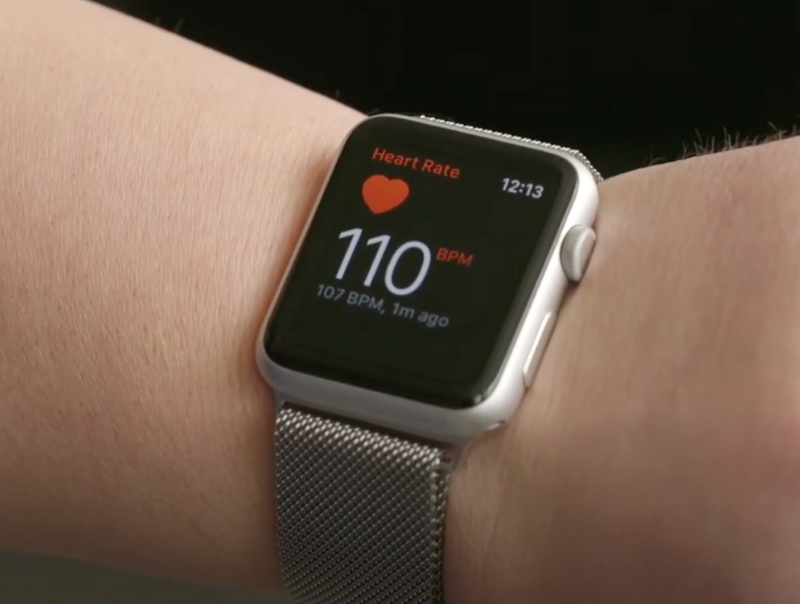
Heart monitoring
Wei Xue talks about a skin patch under development that measures heart rhythms and the aid he has received from Rowan University in applying for a patent and grants.
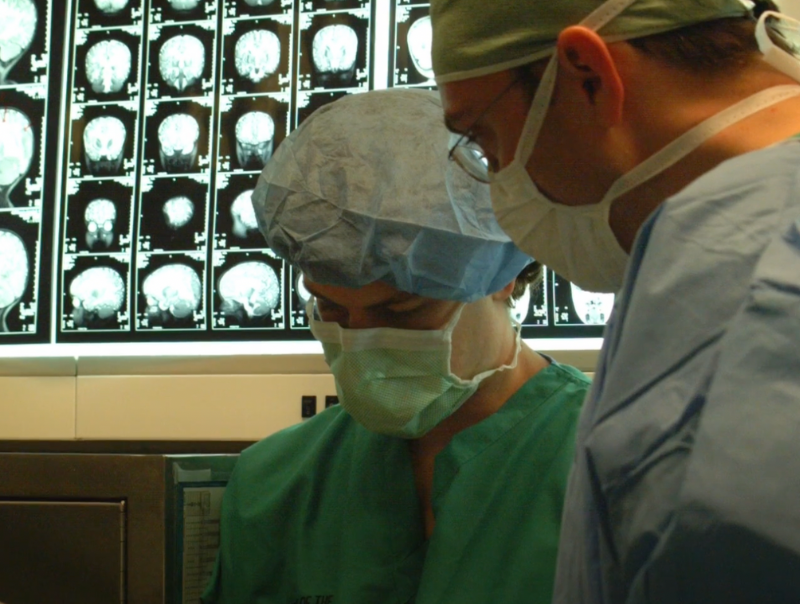
Genetic research
Paola Leone details her groundbreaking research on Canavan disease and the help she received from Rowan University in transitioning clinical trial information to a pharmaceutical company.
